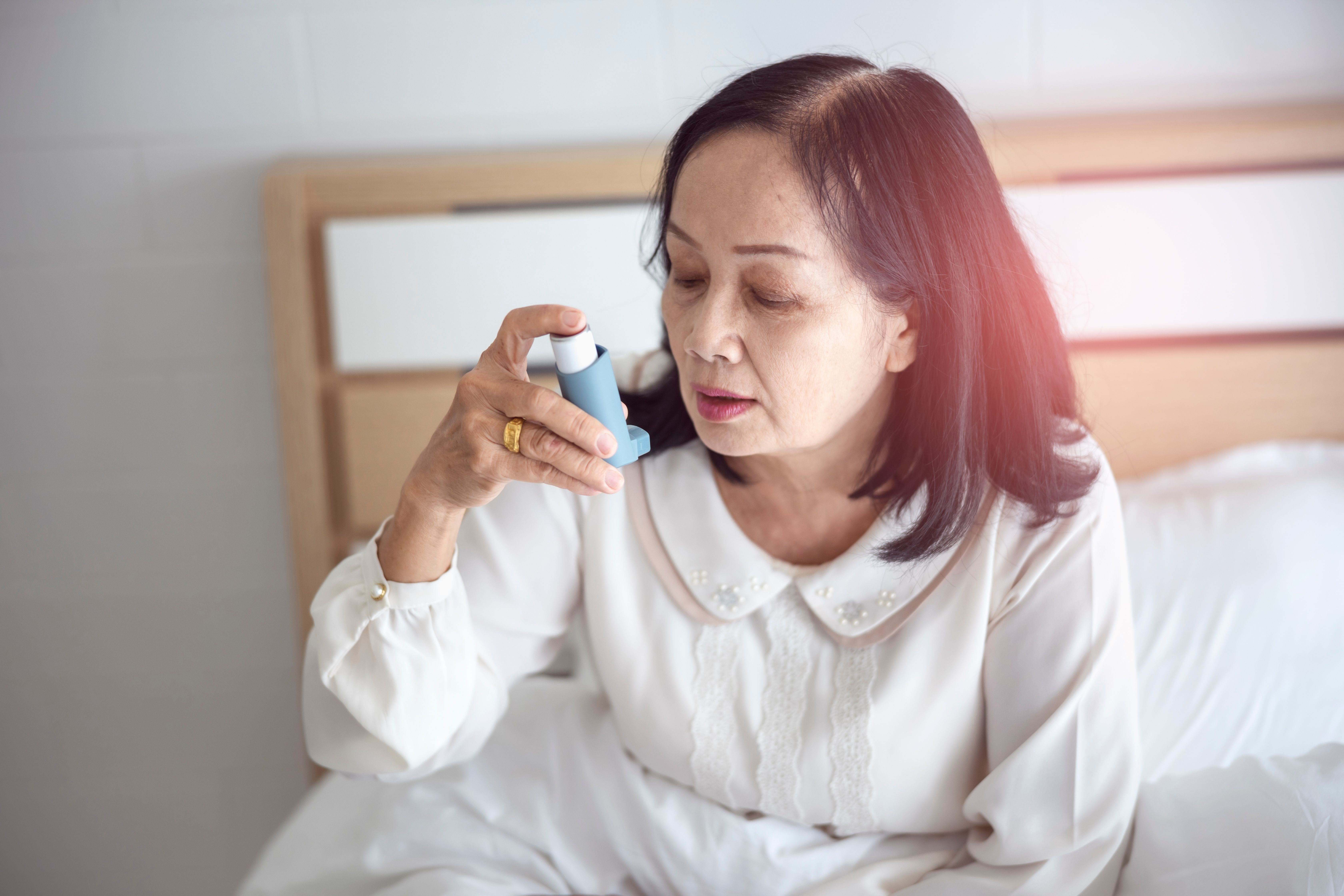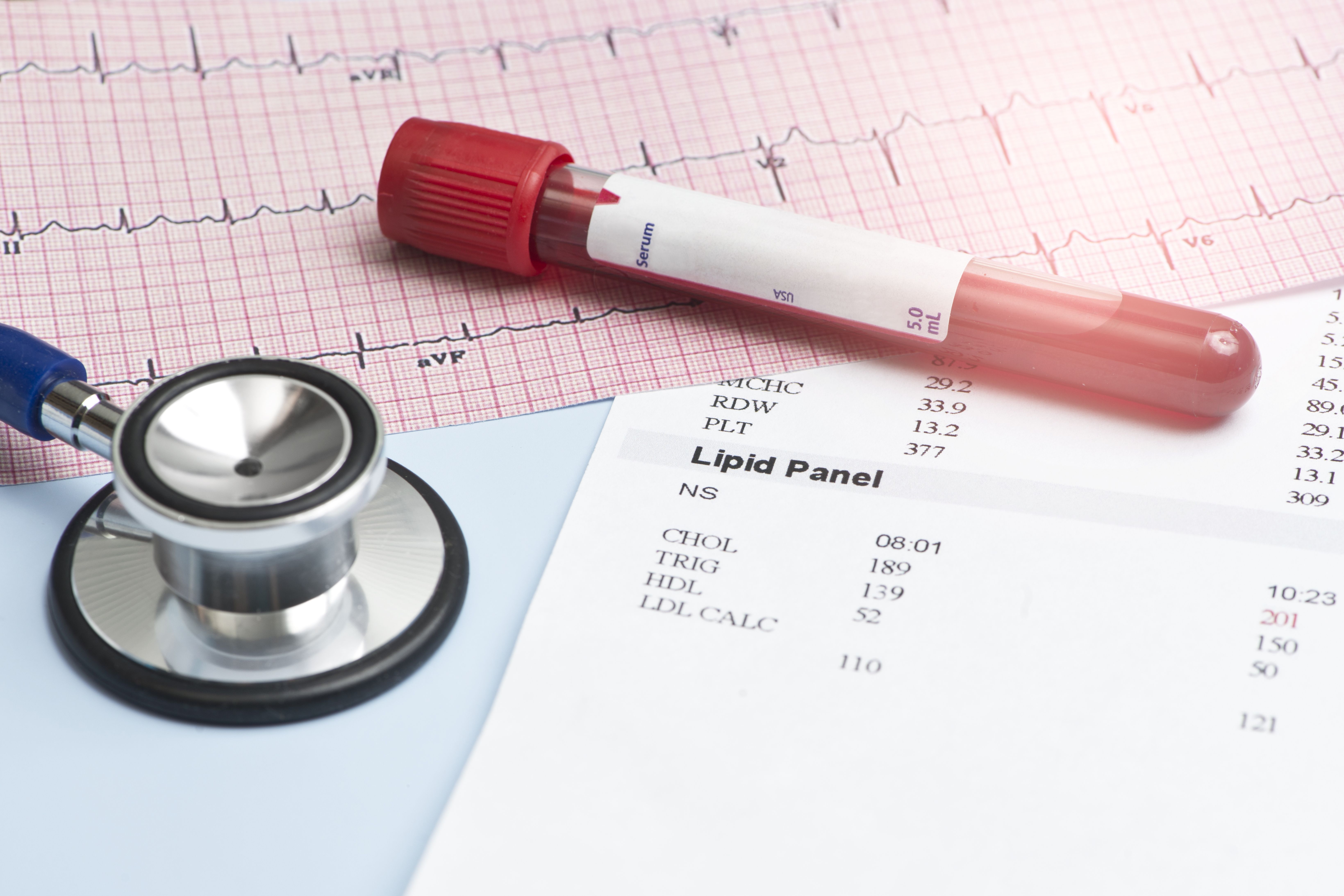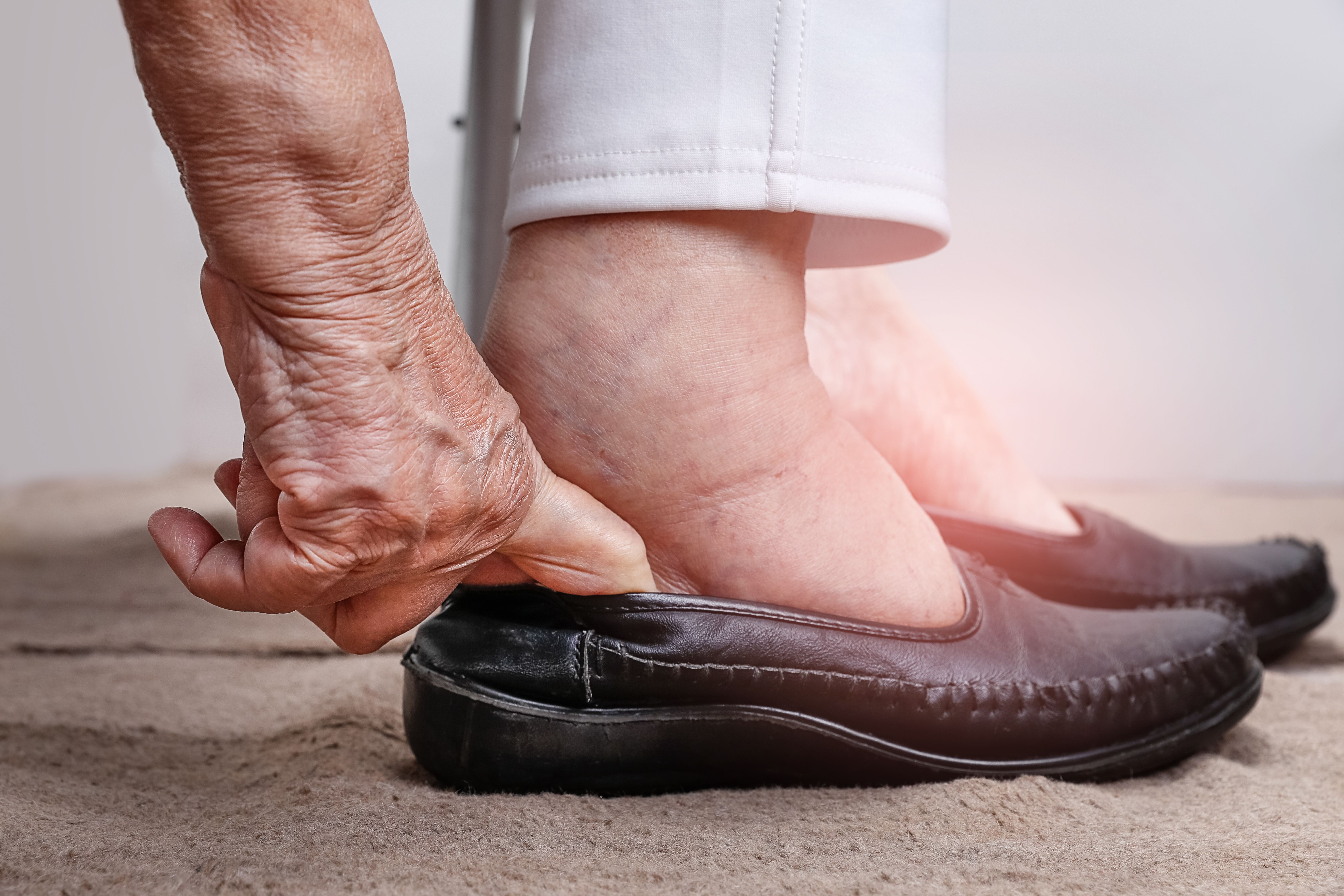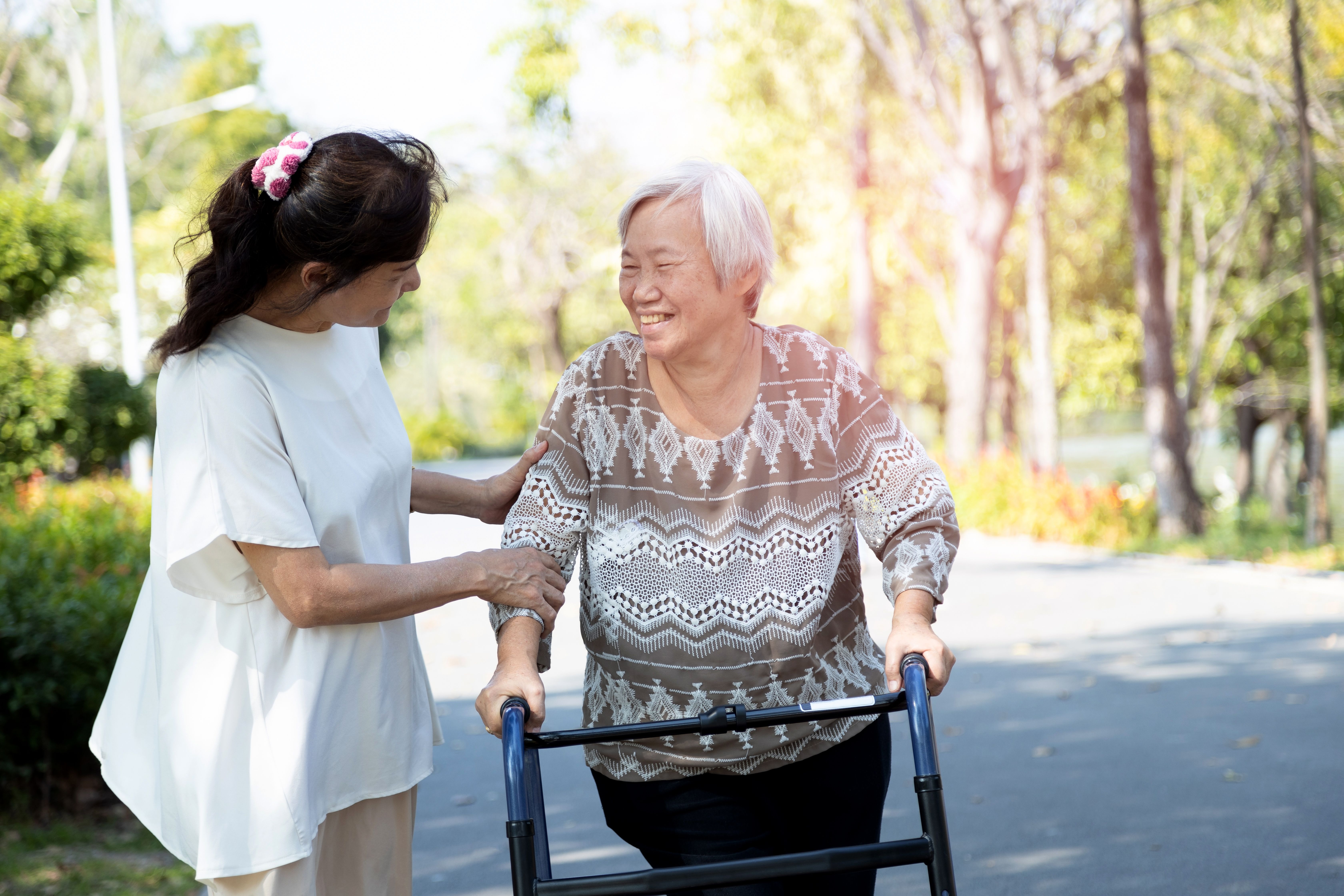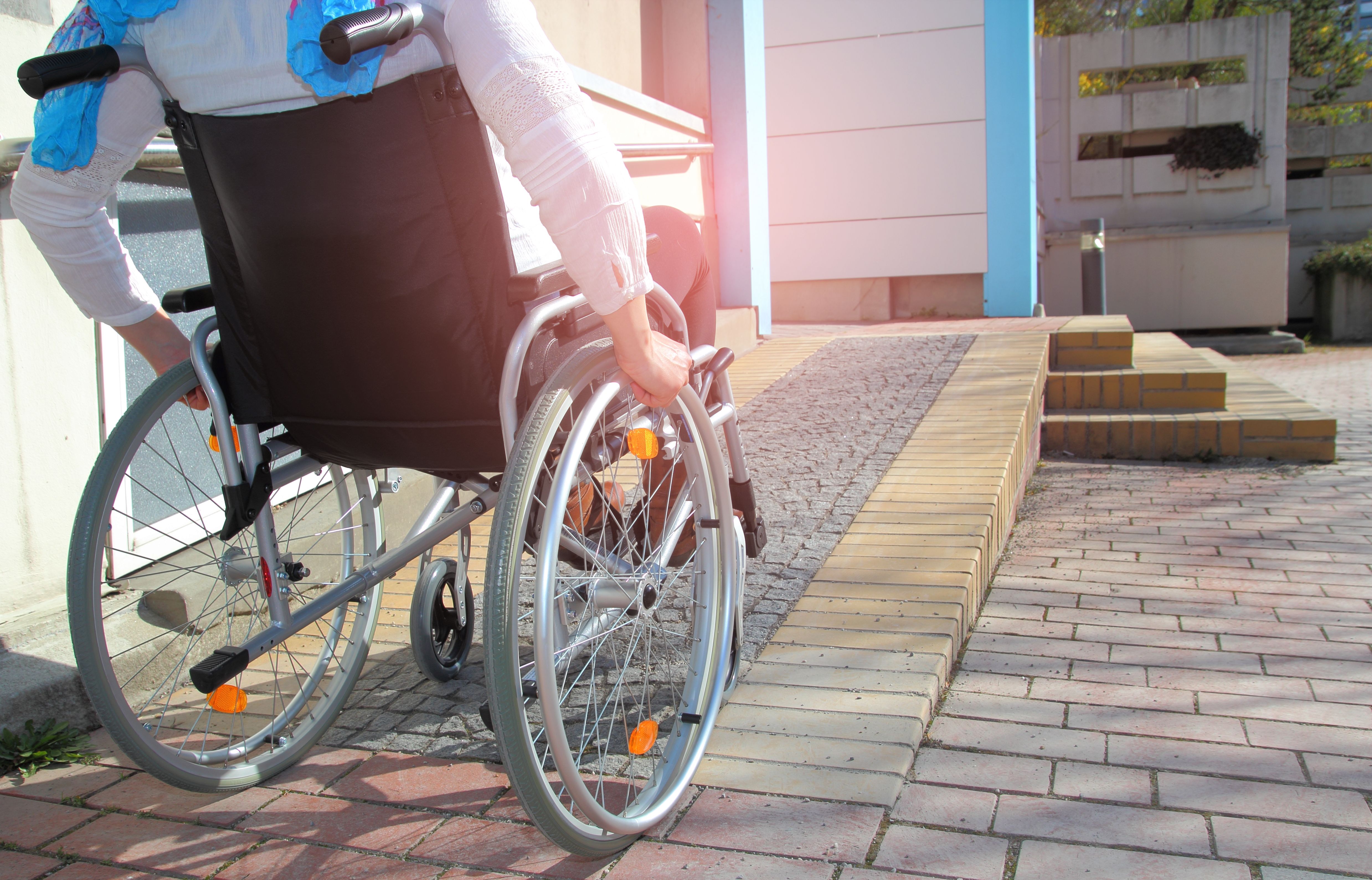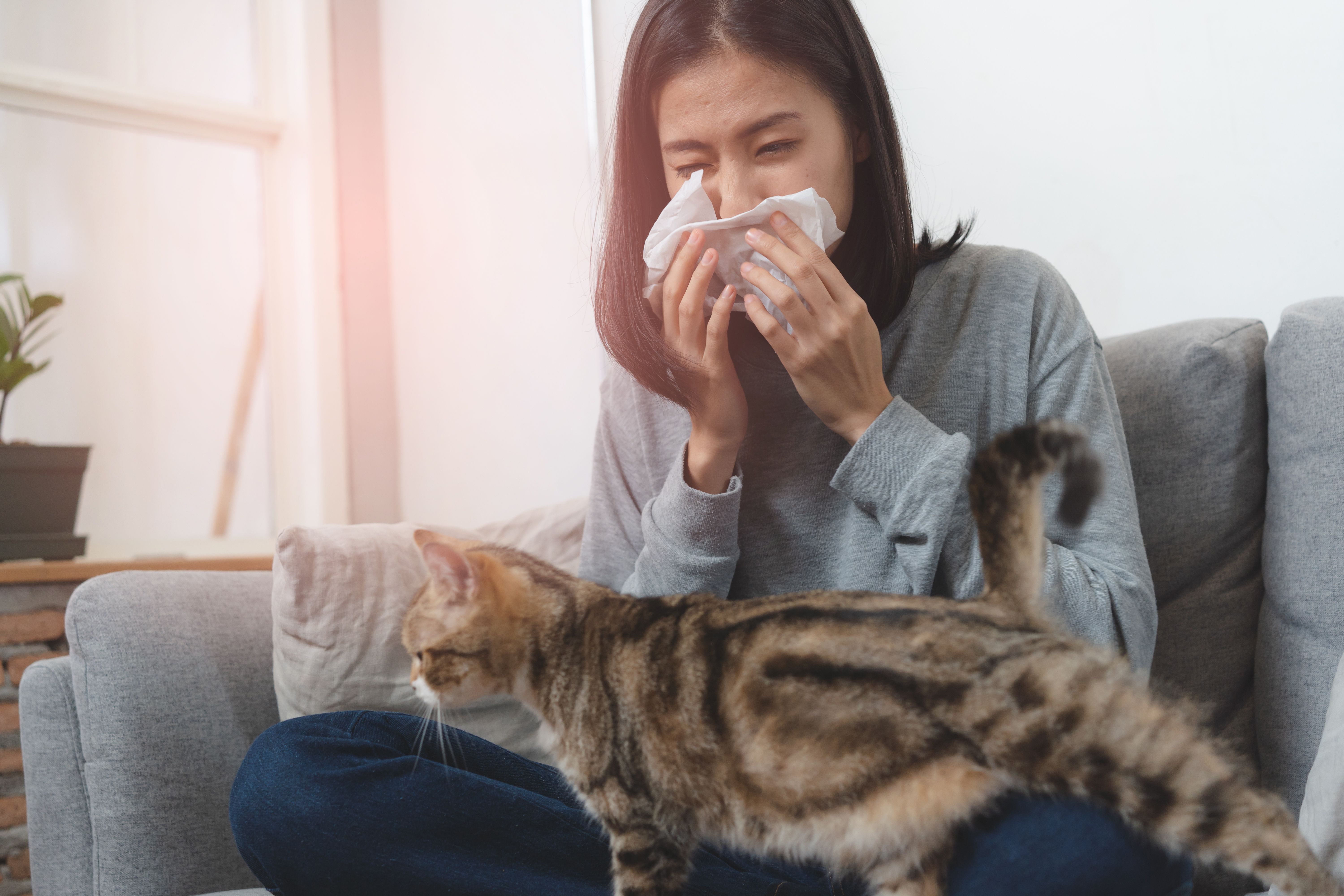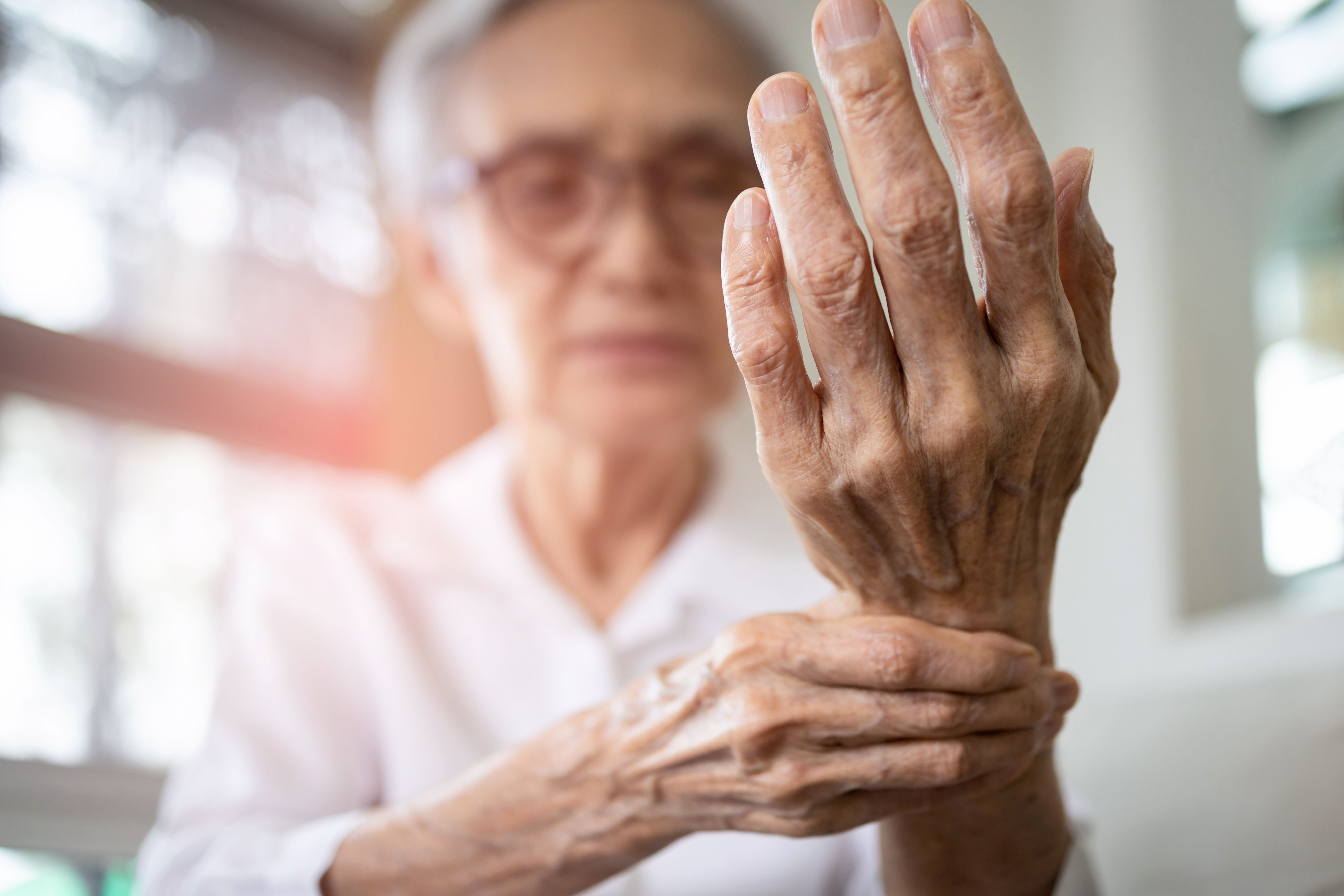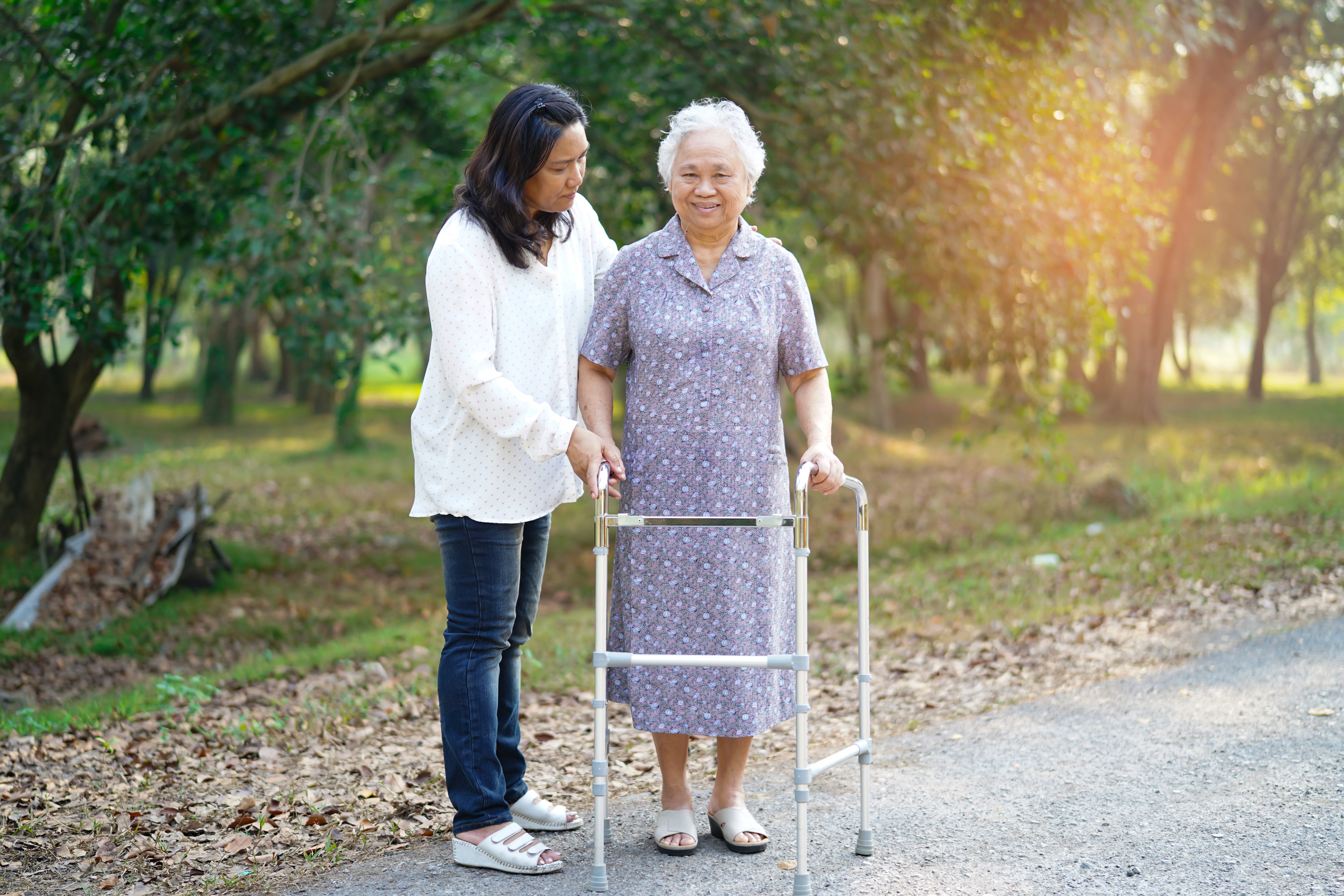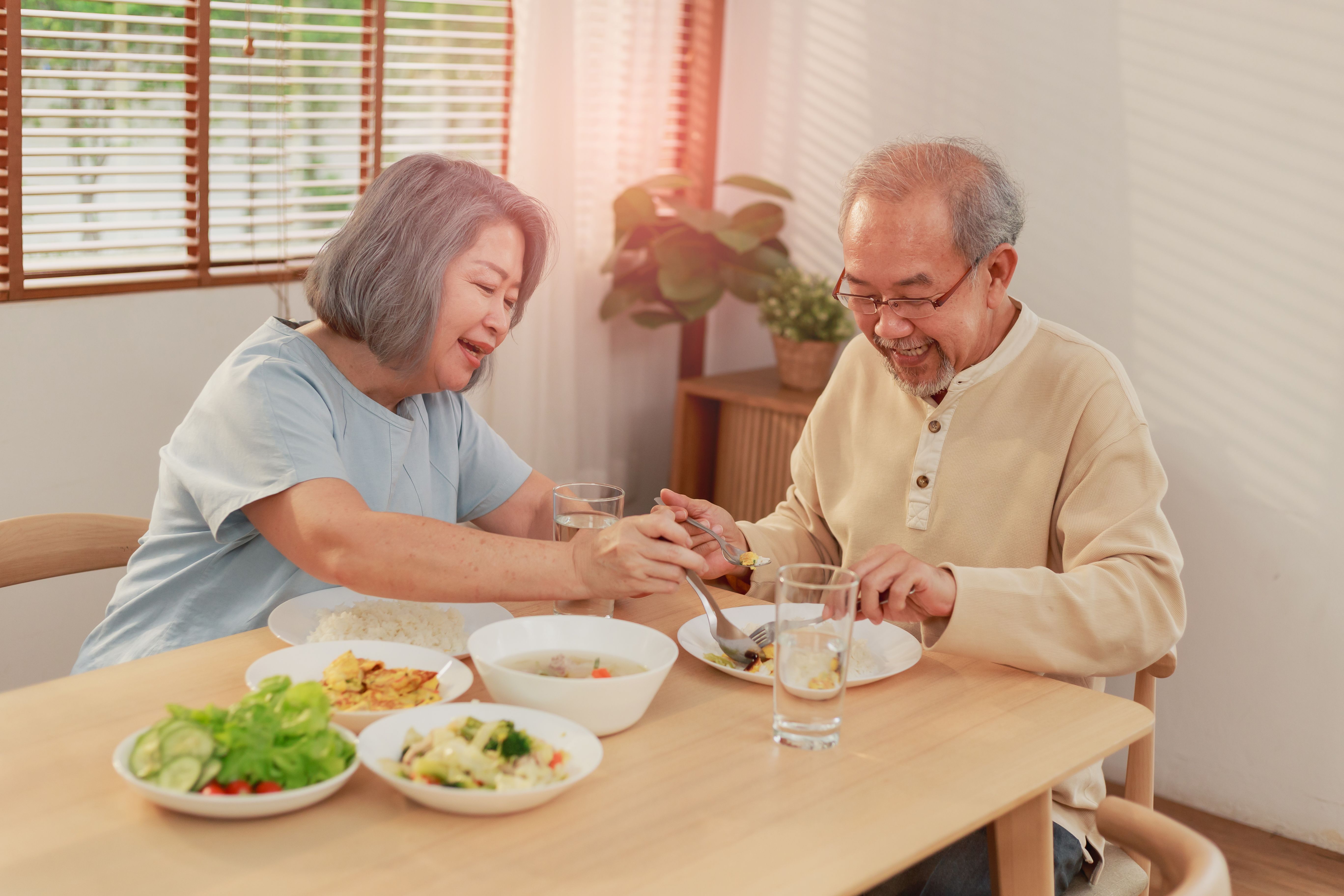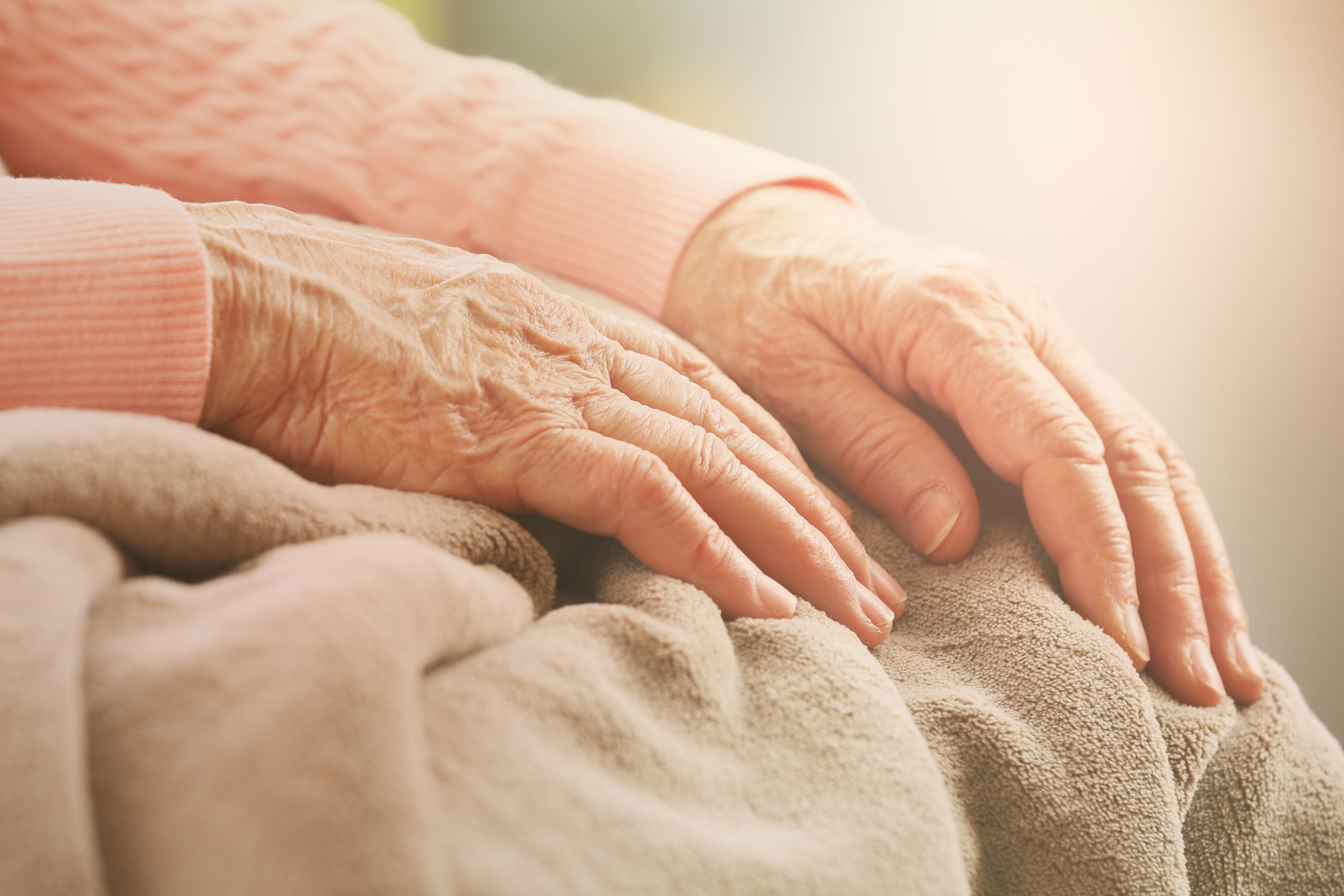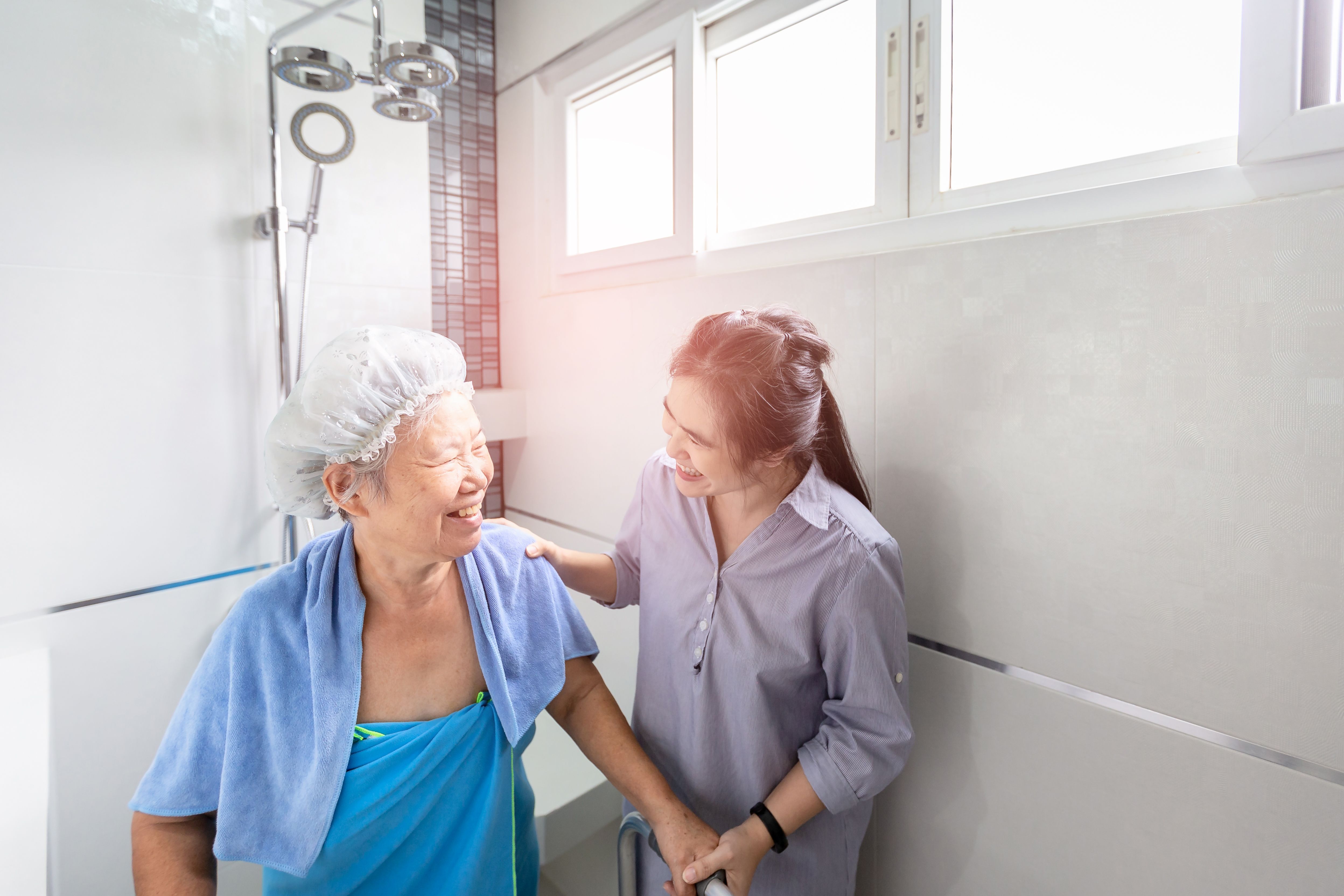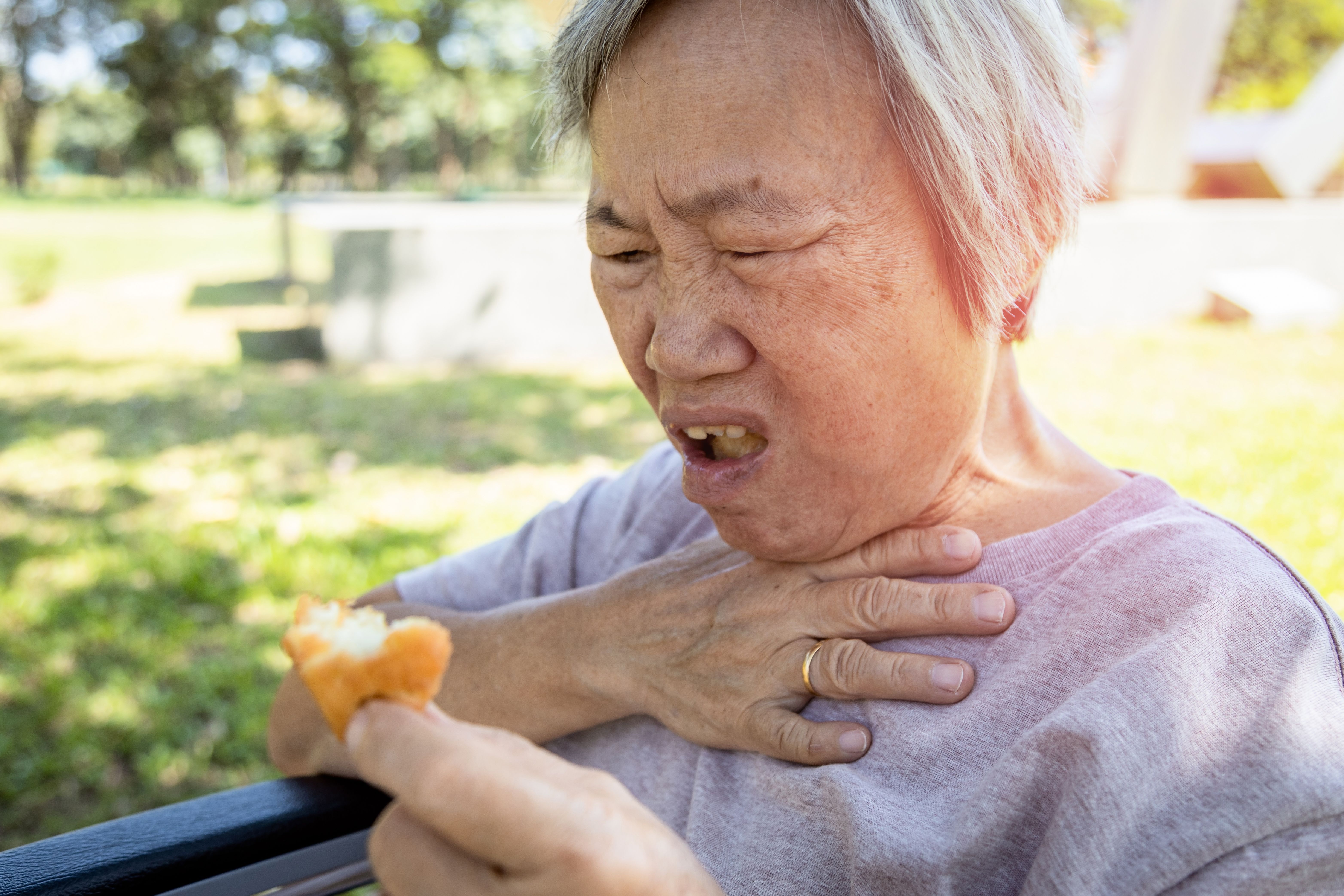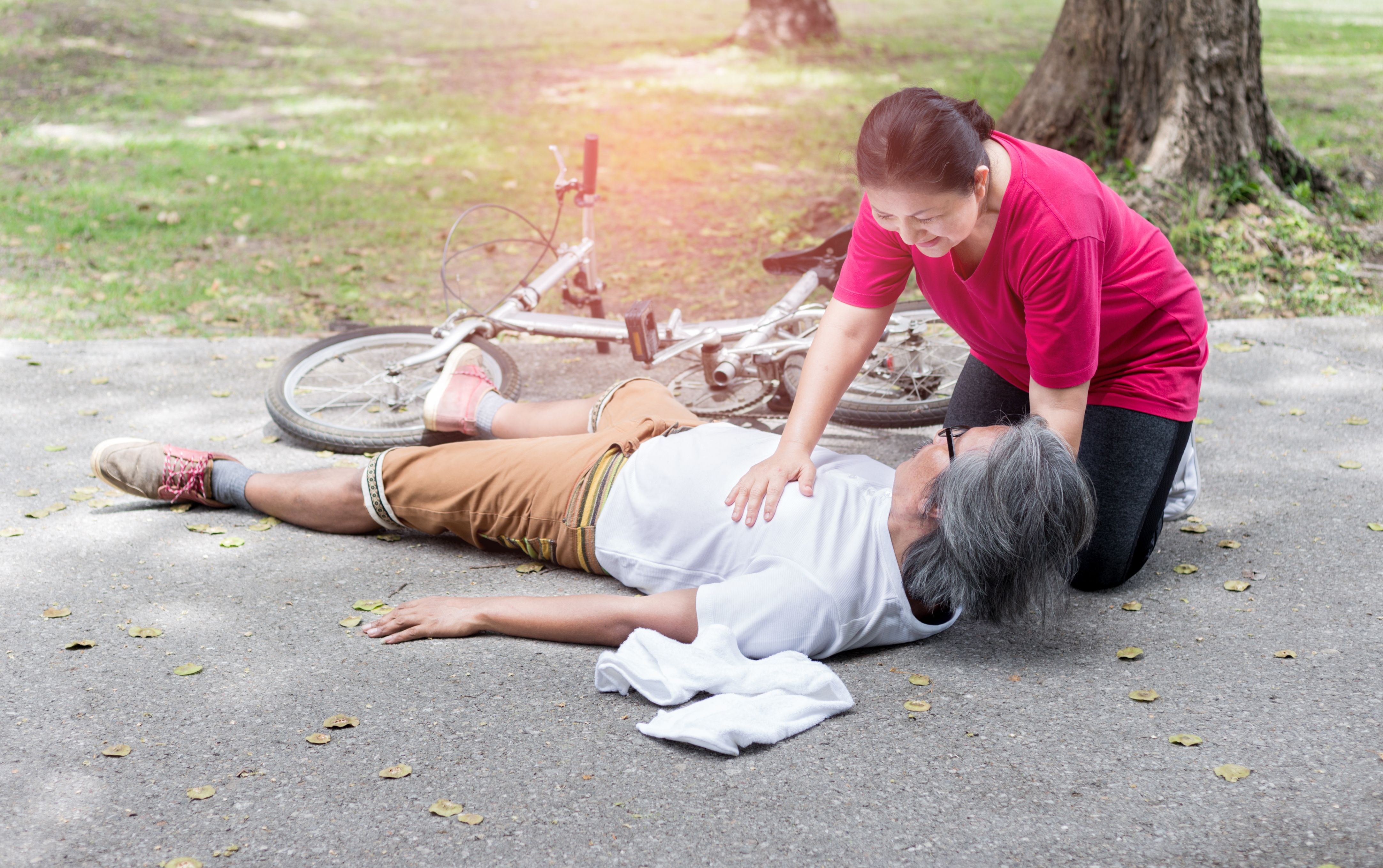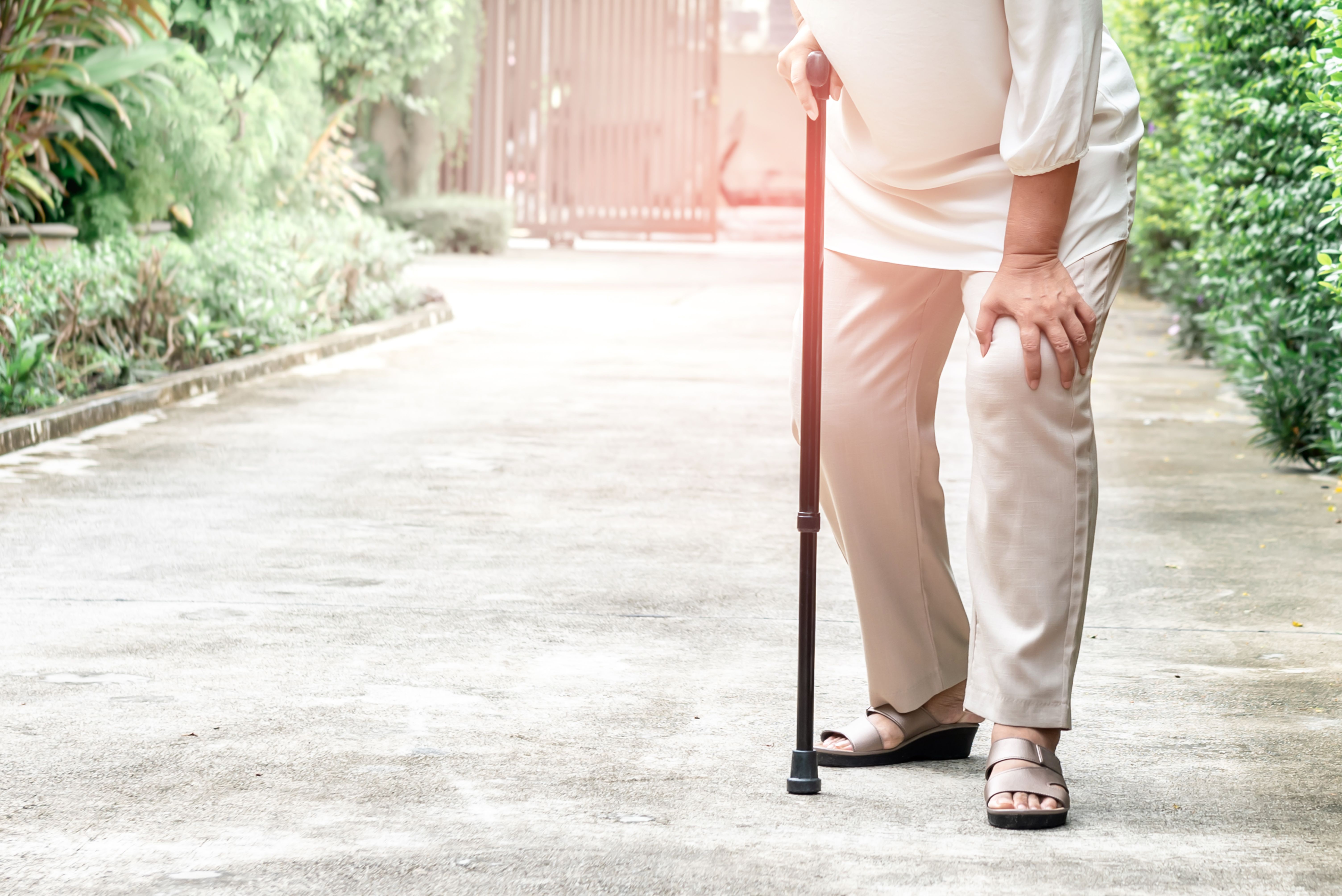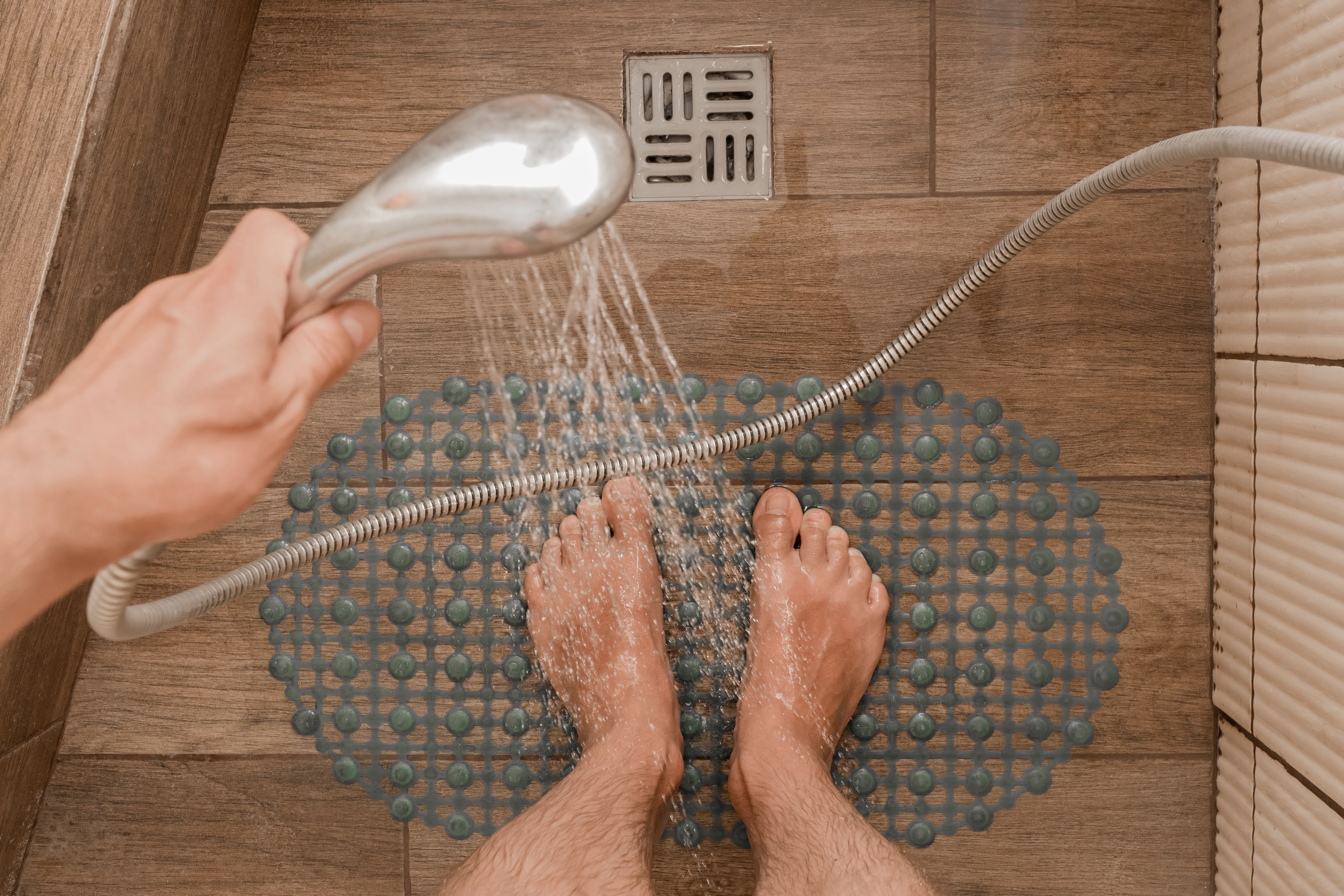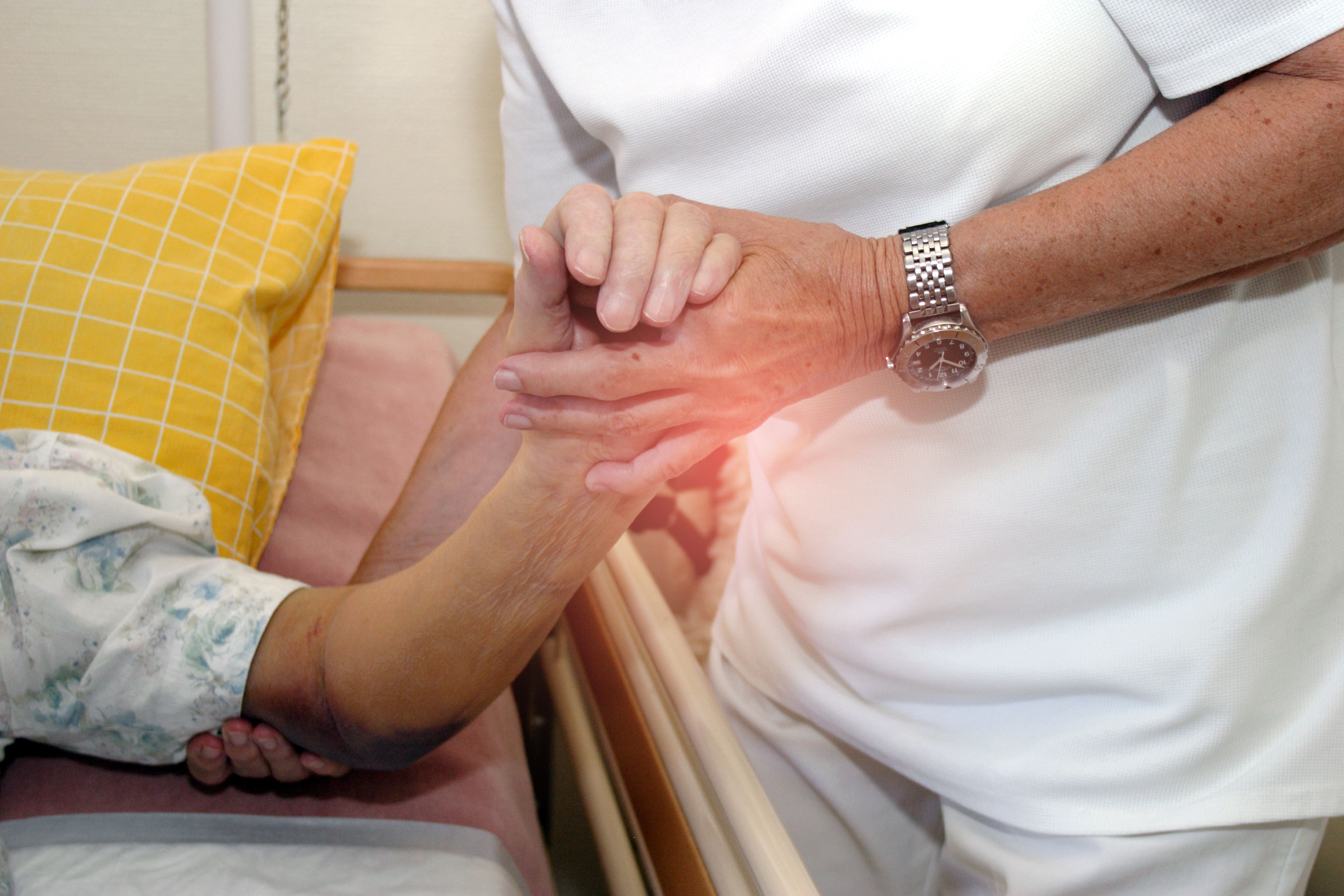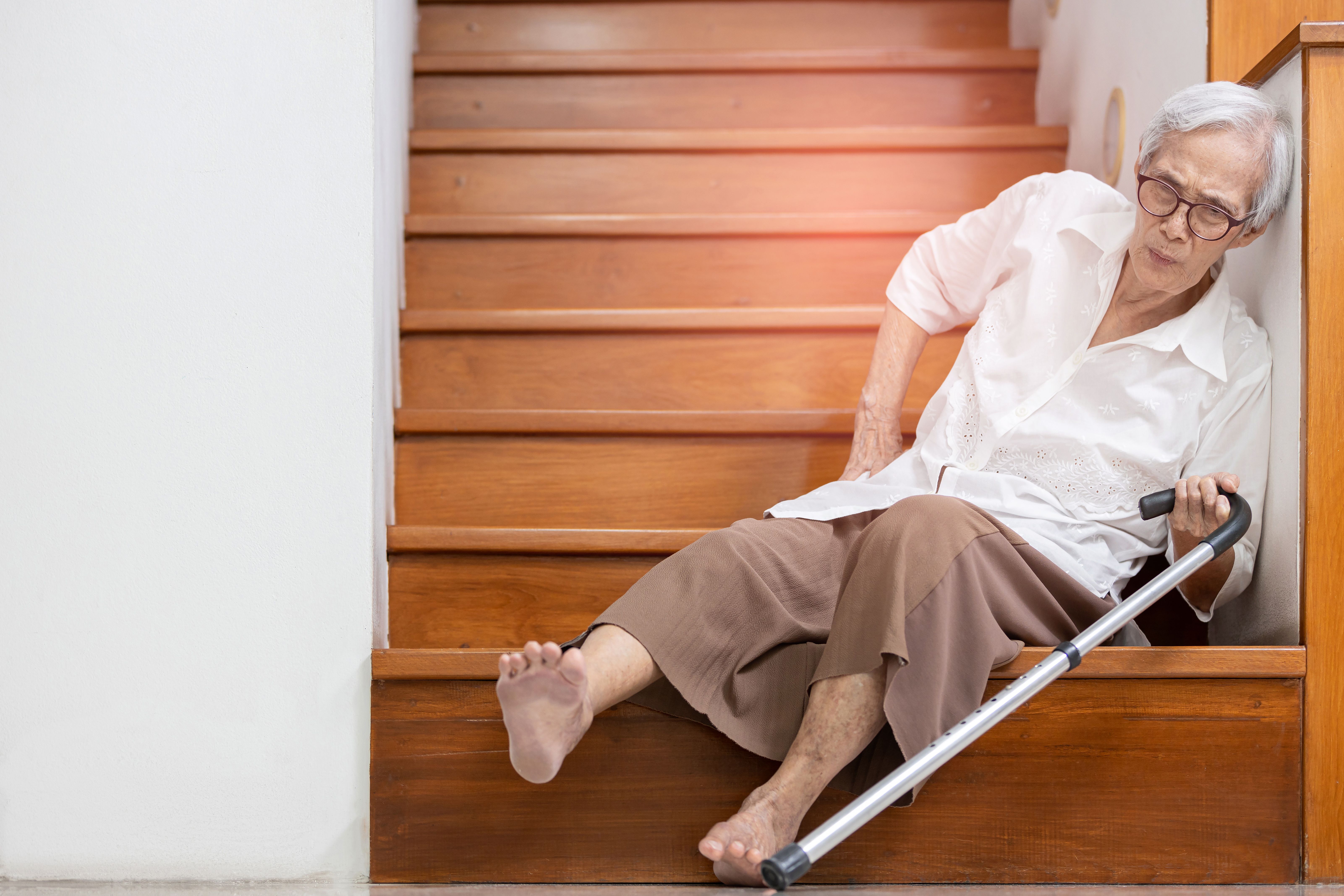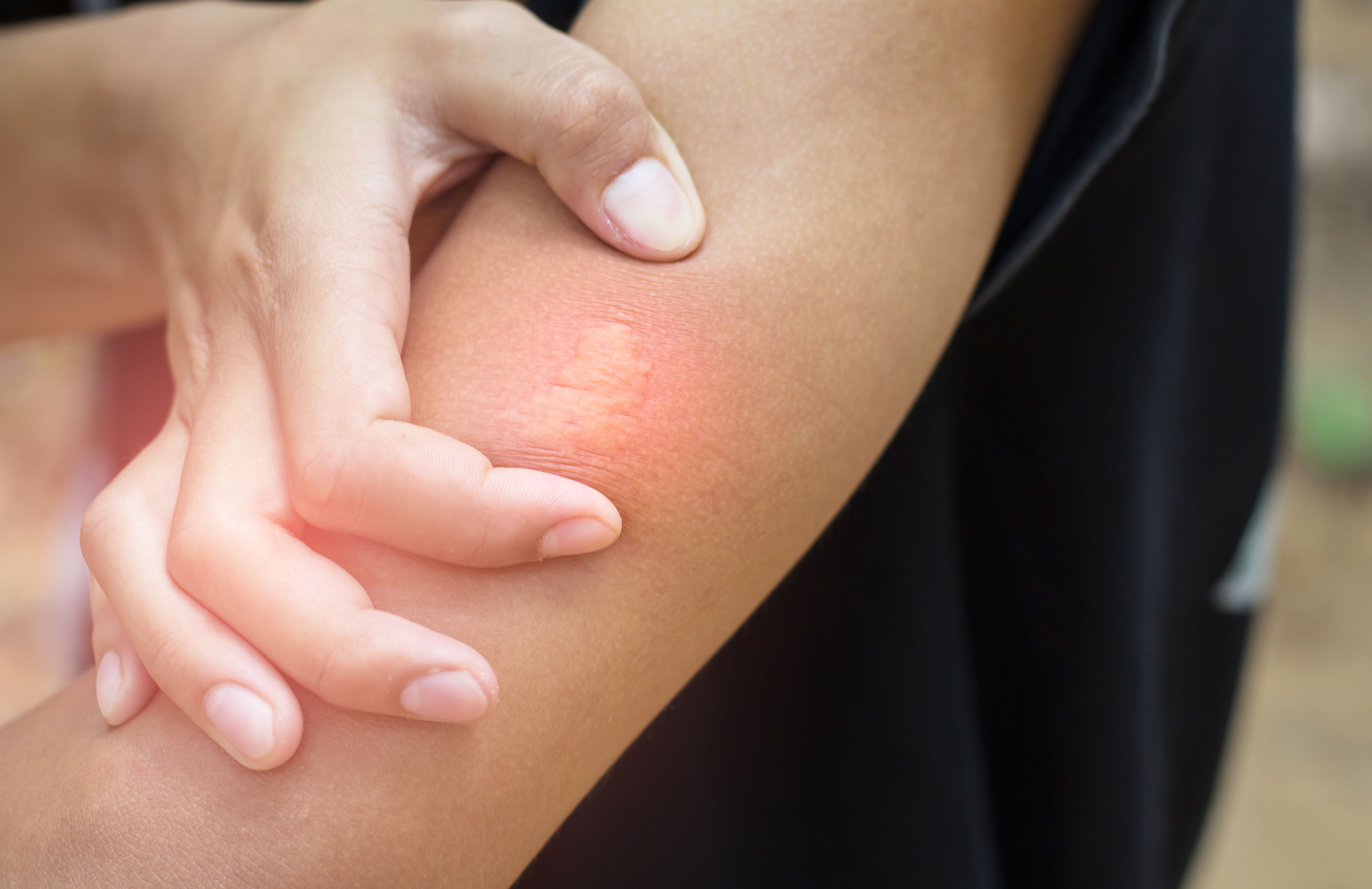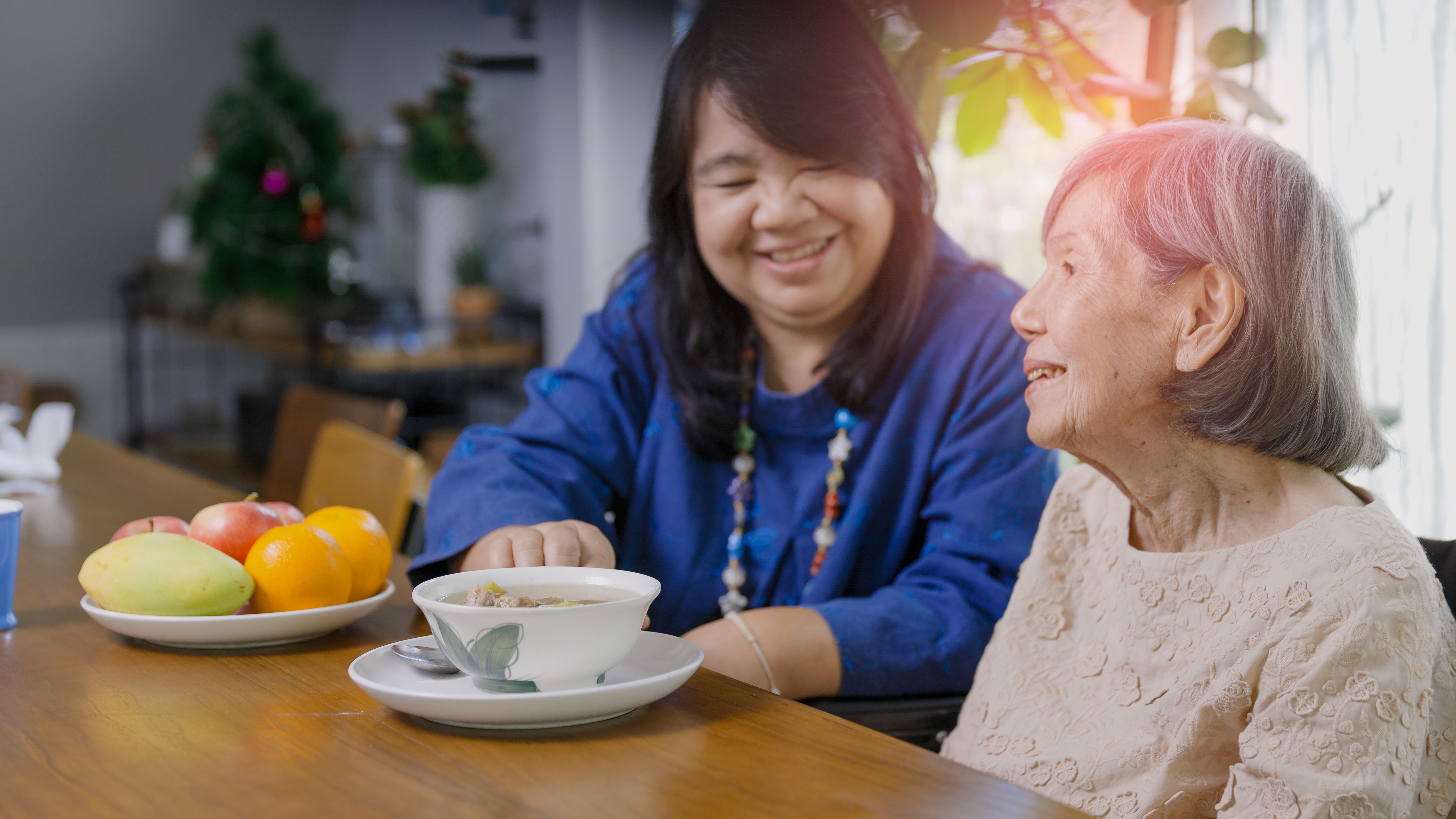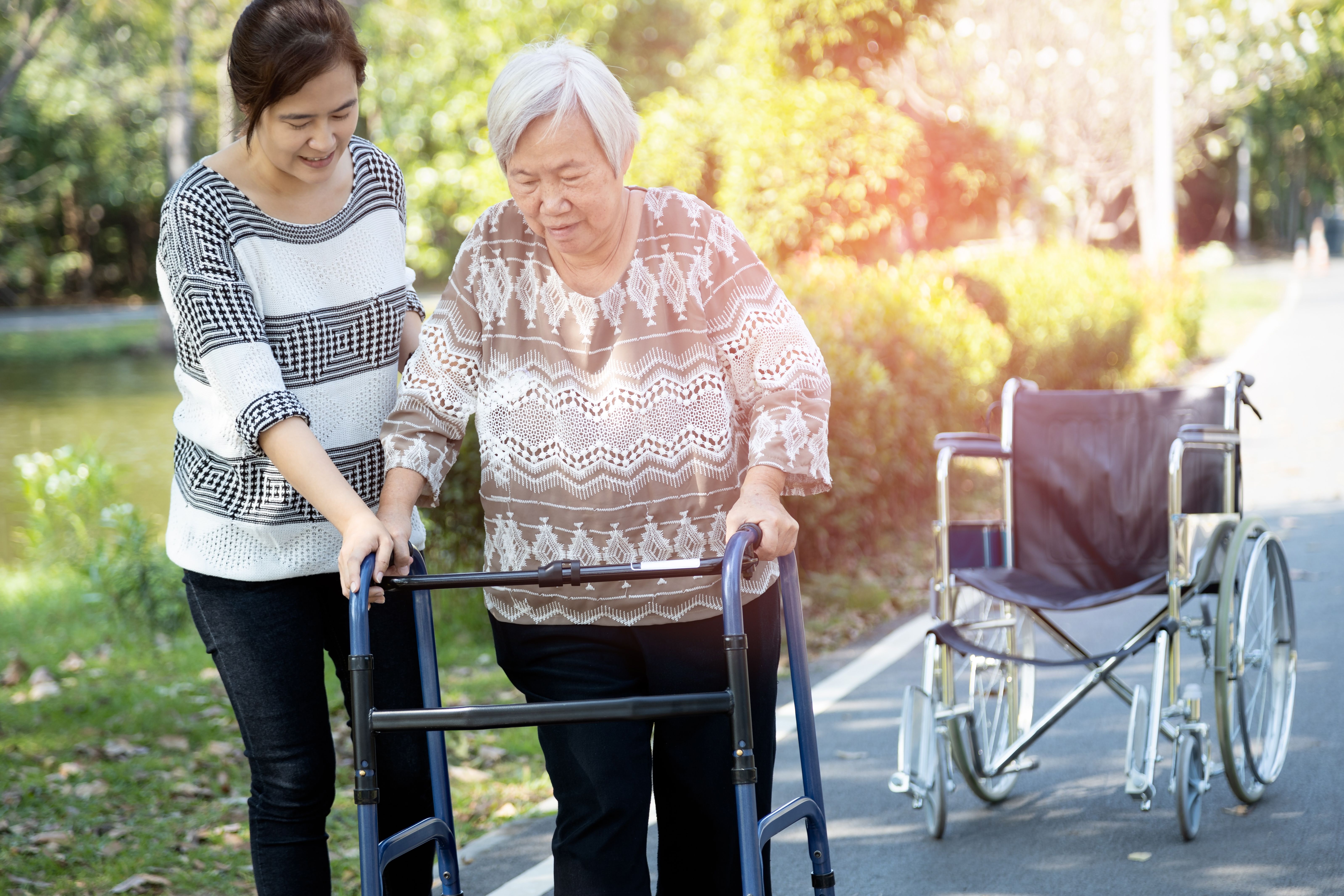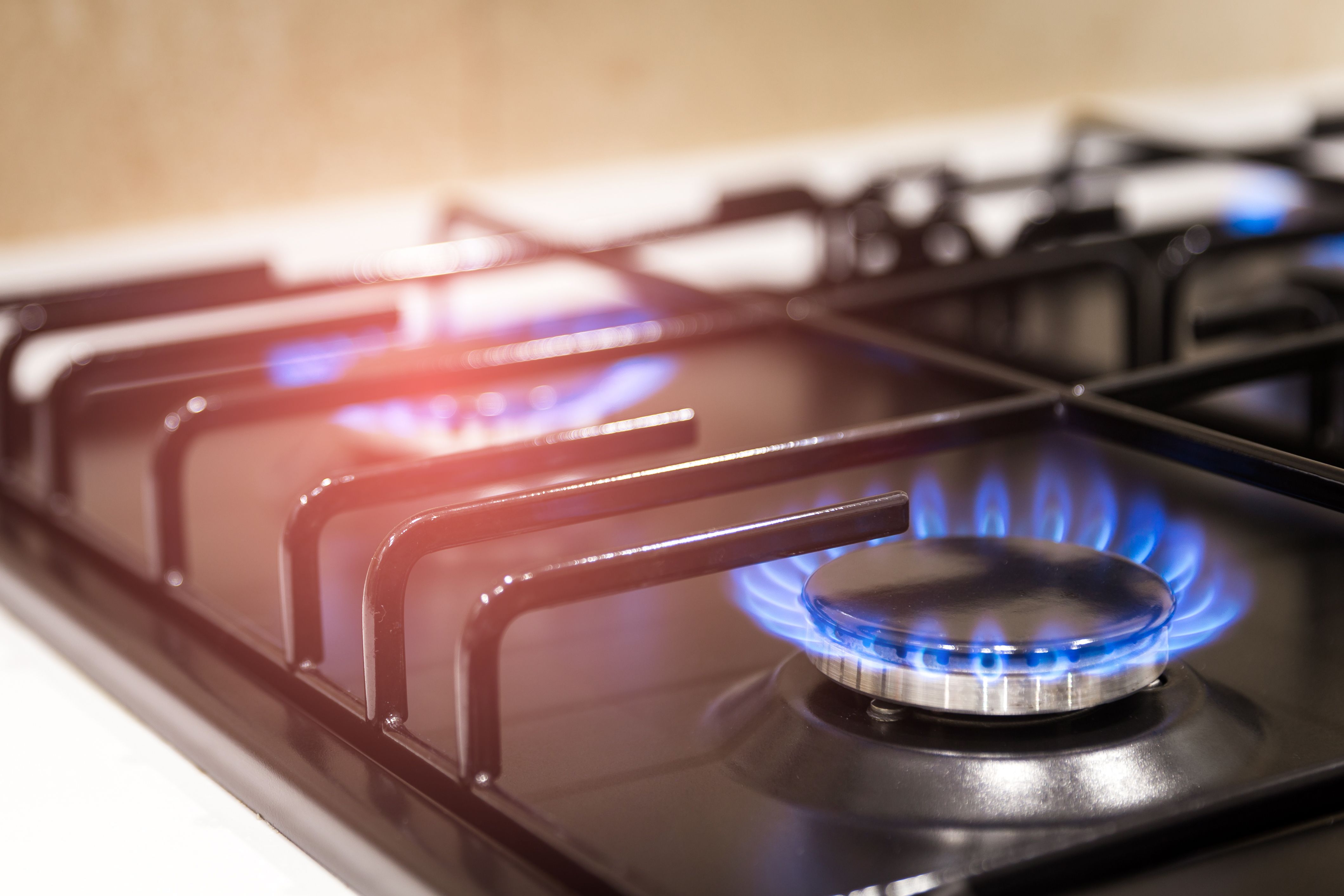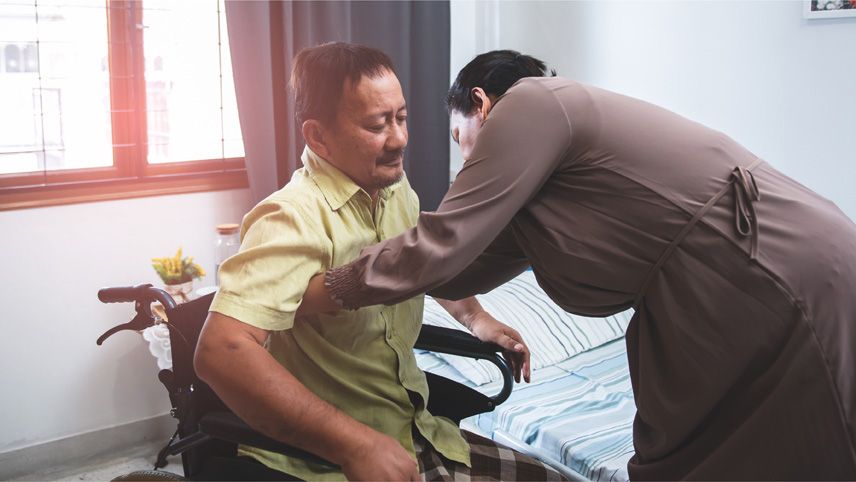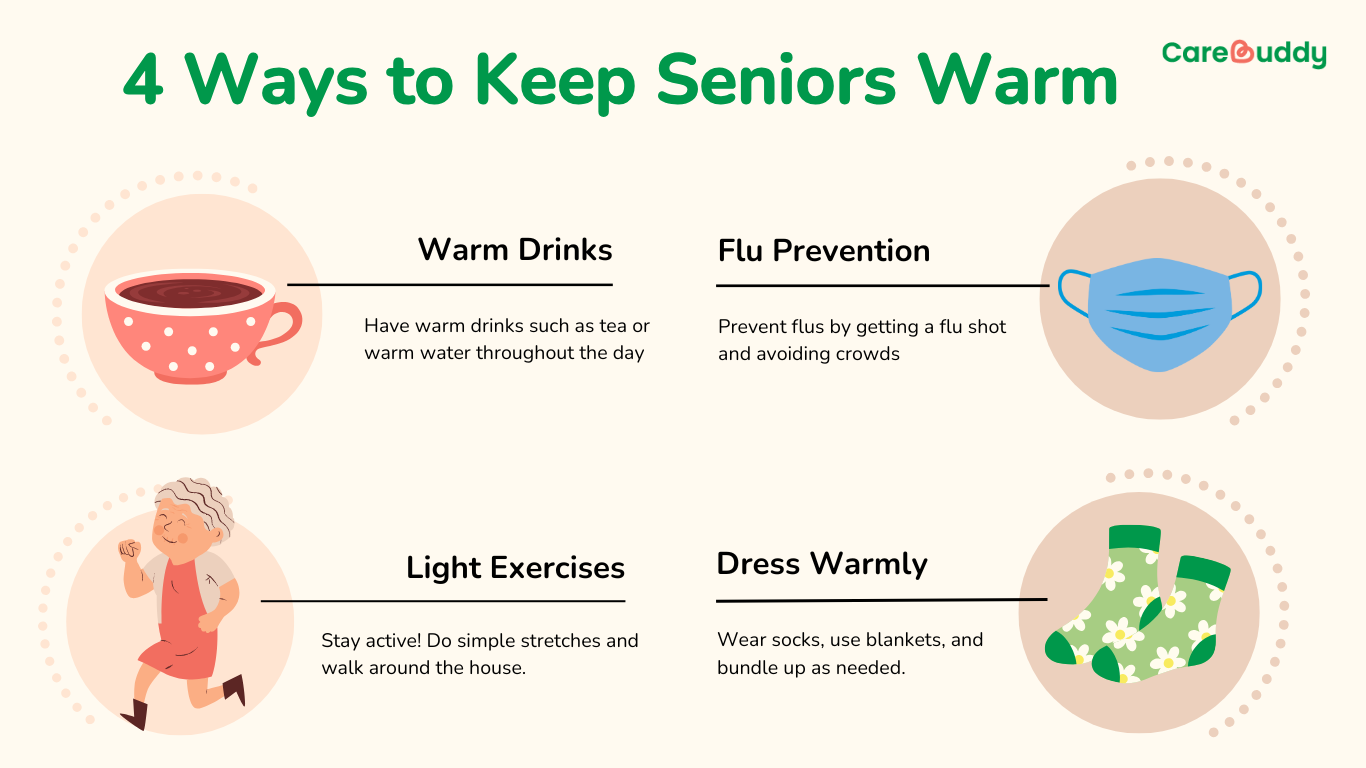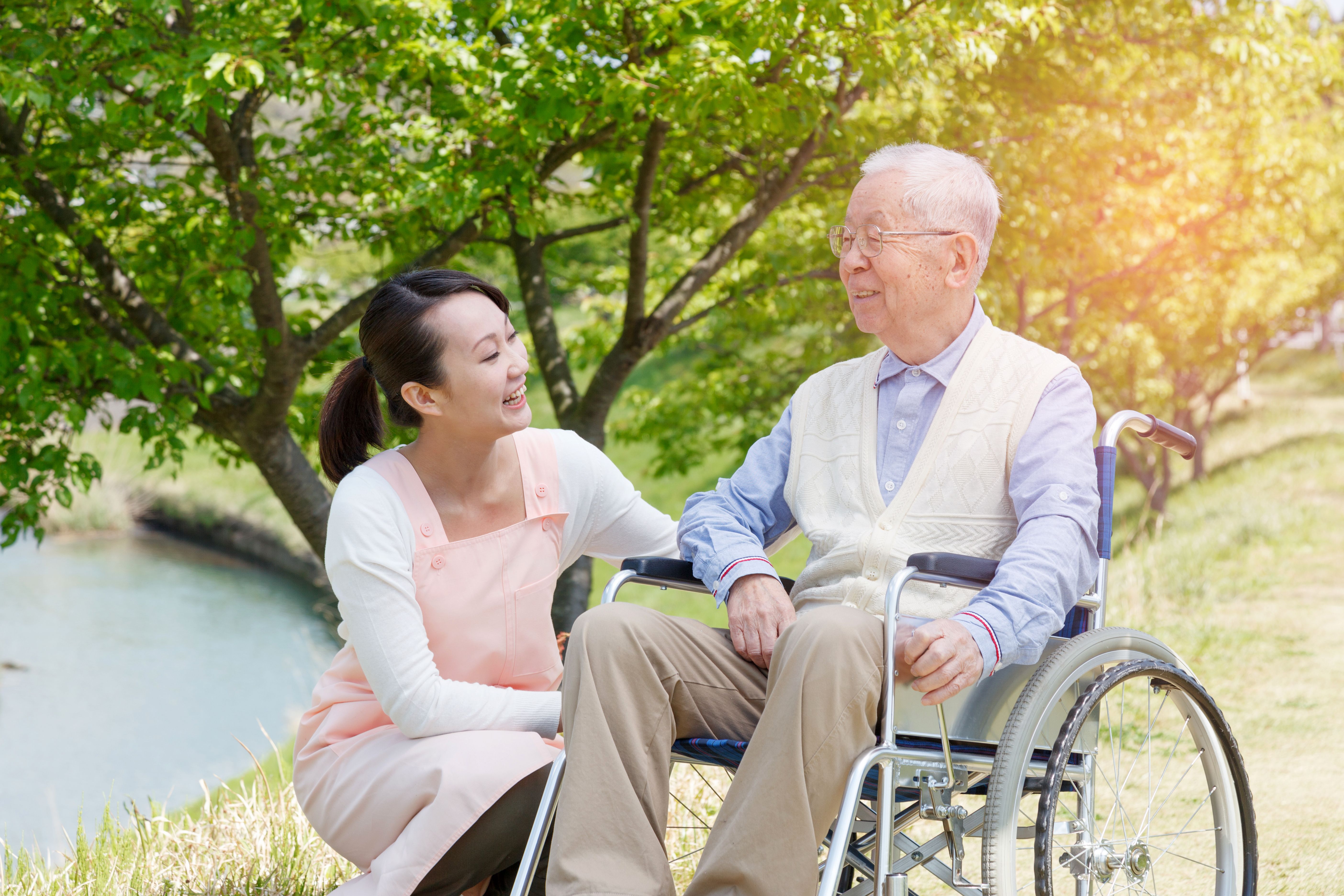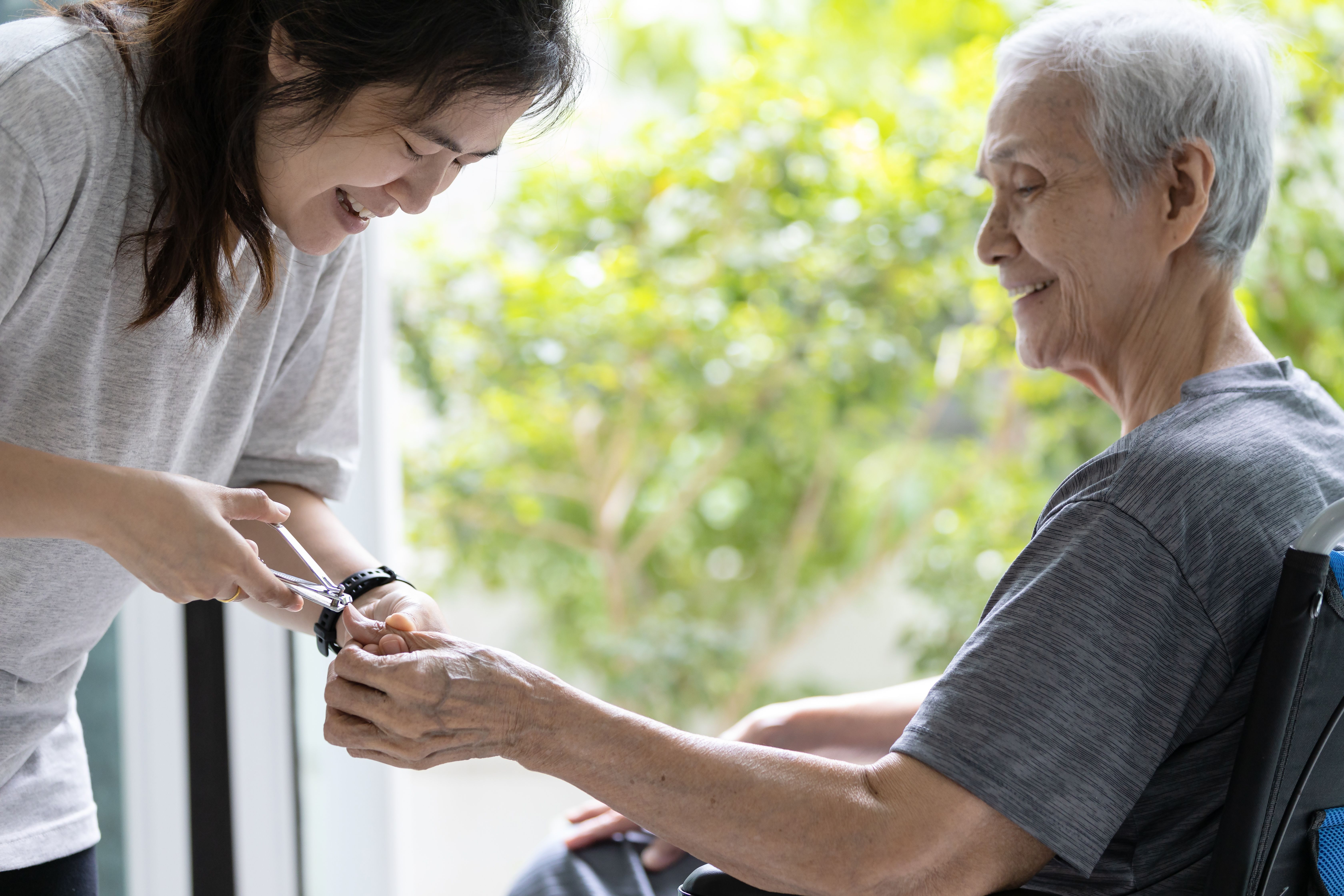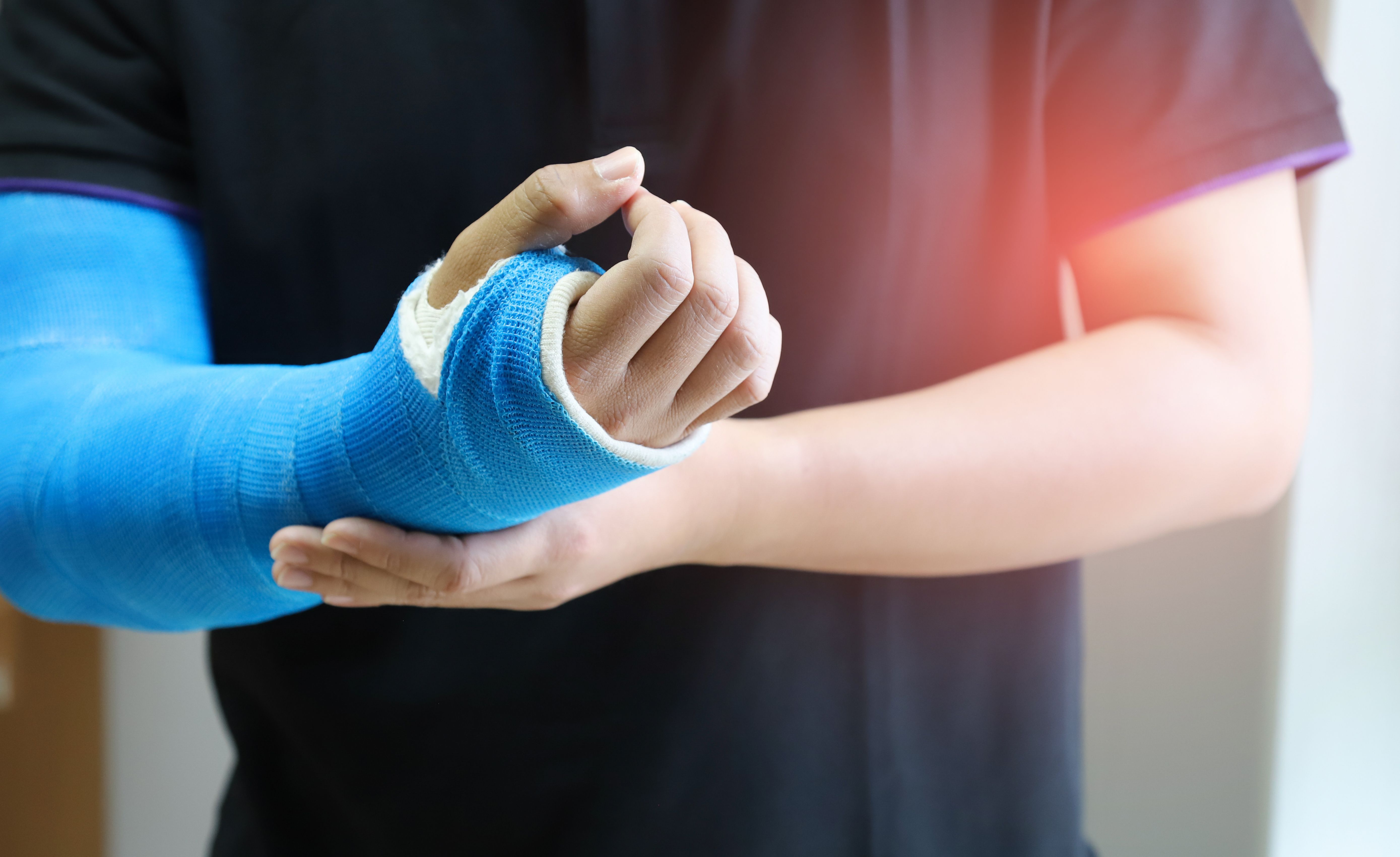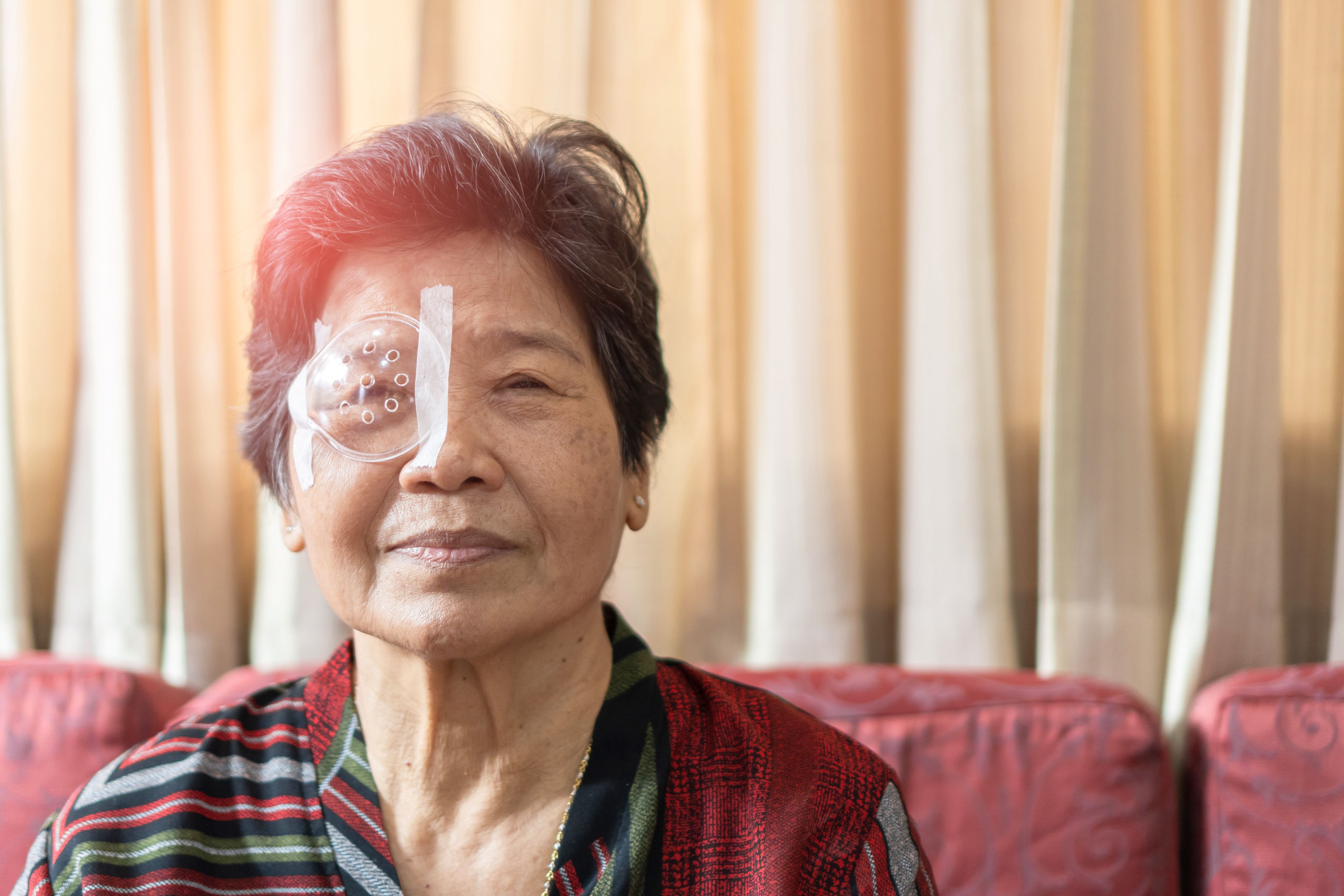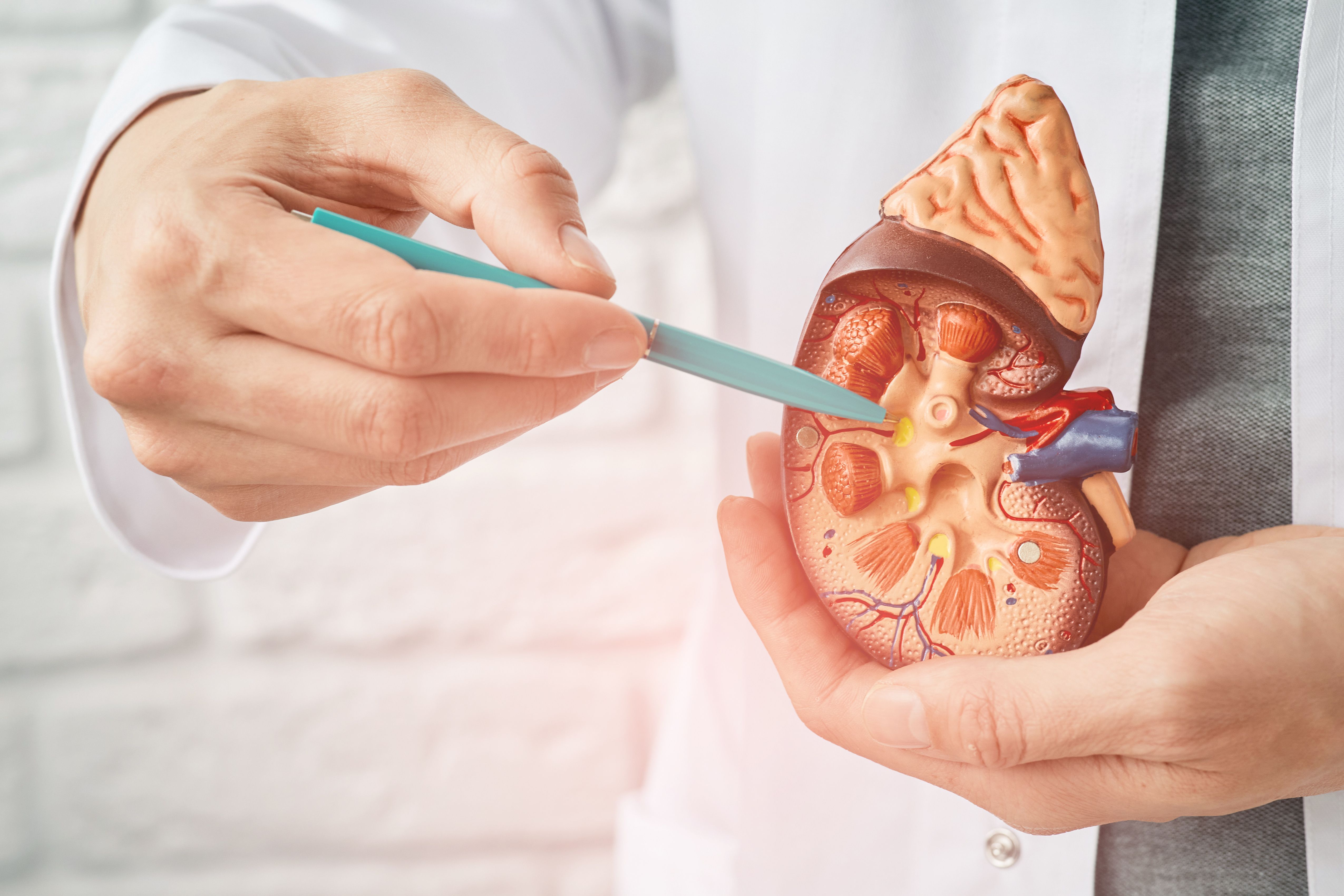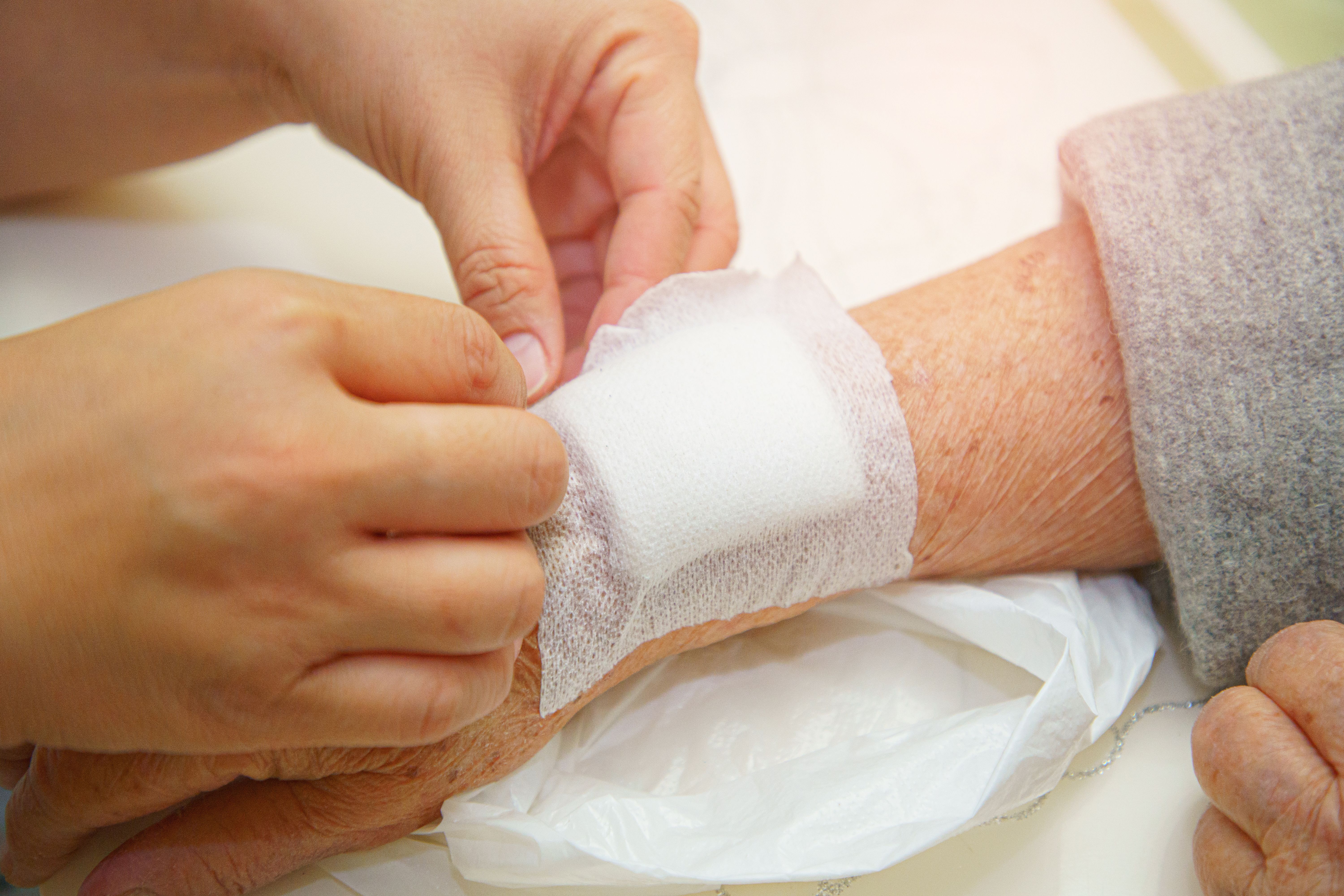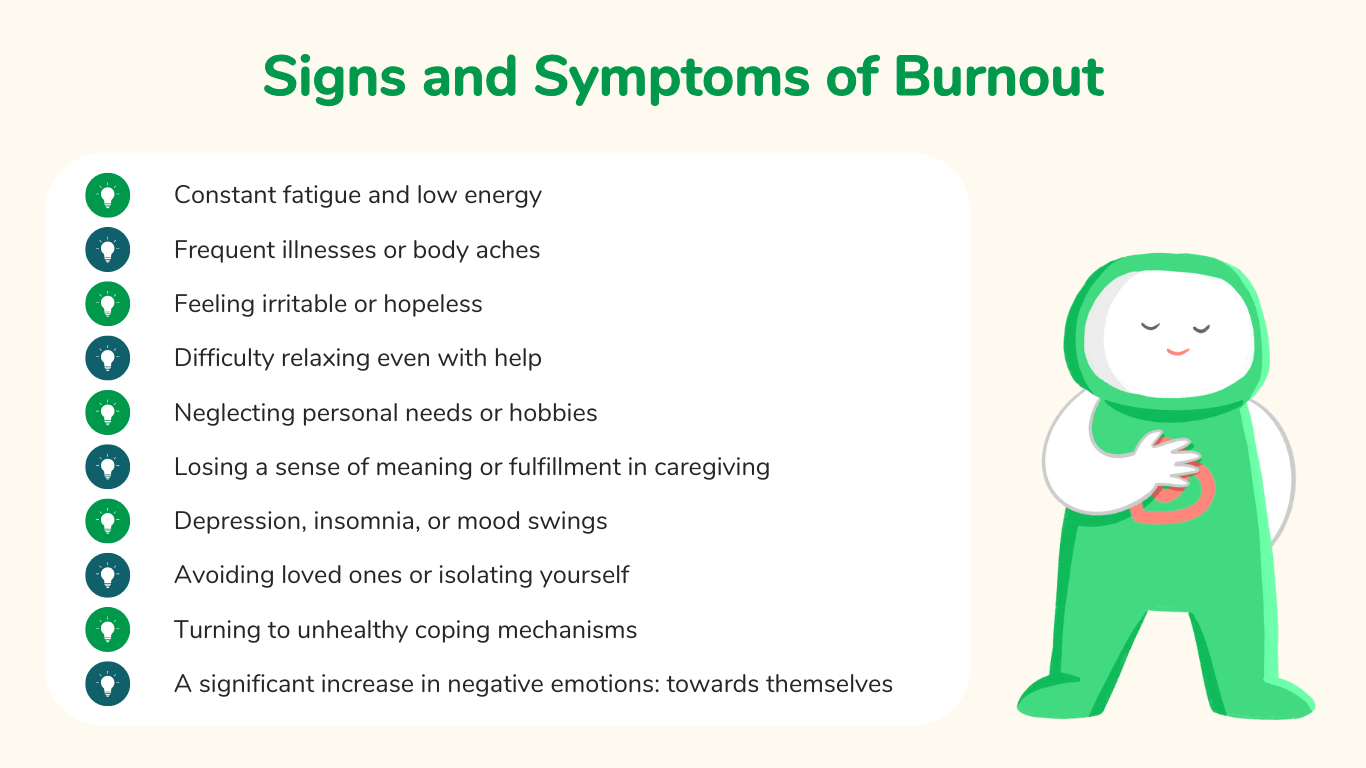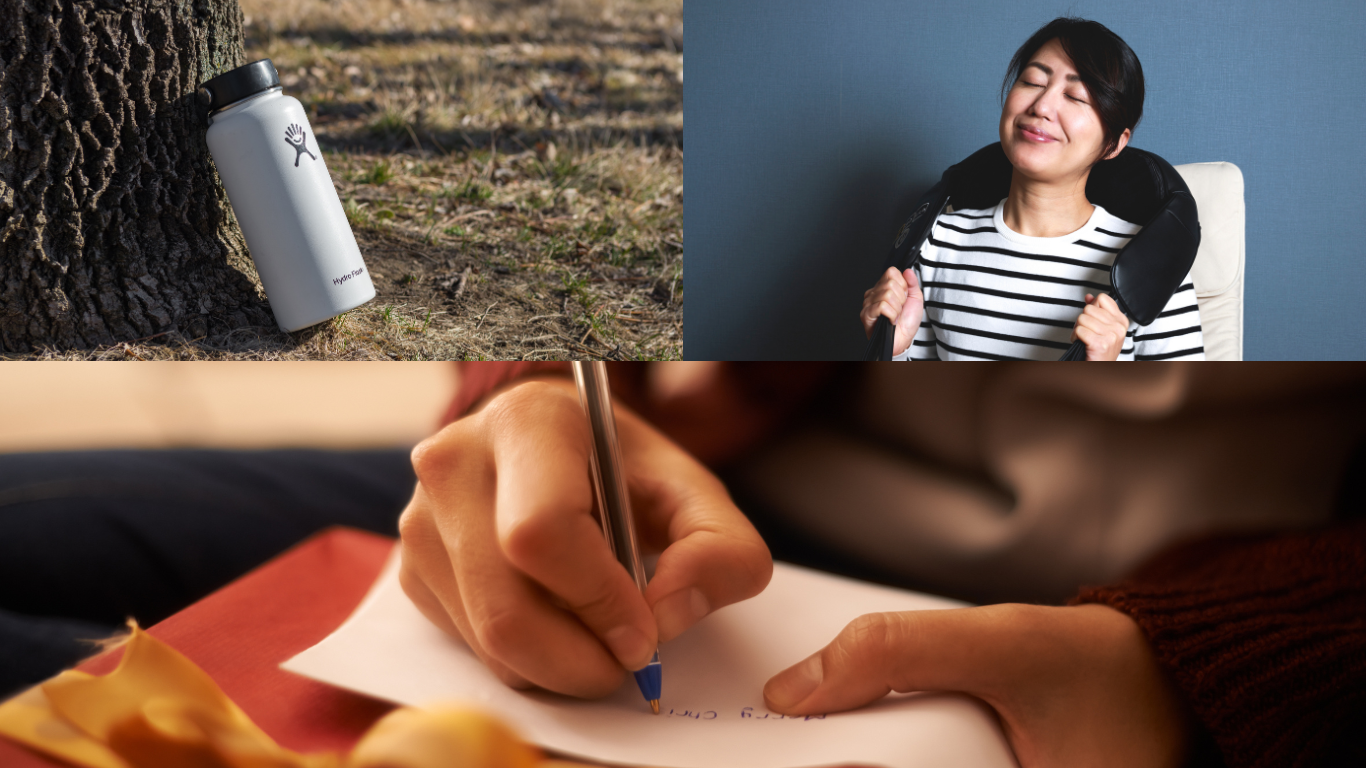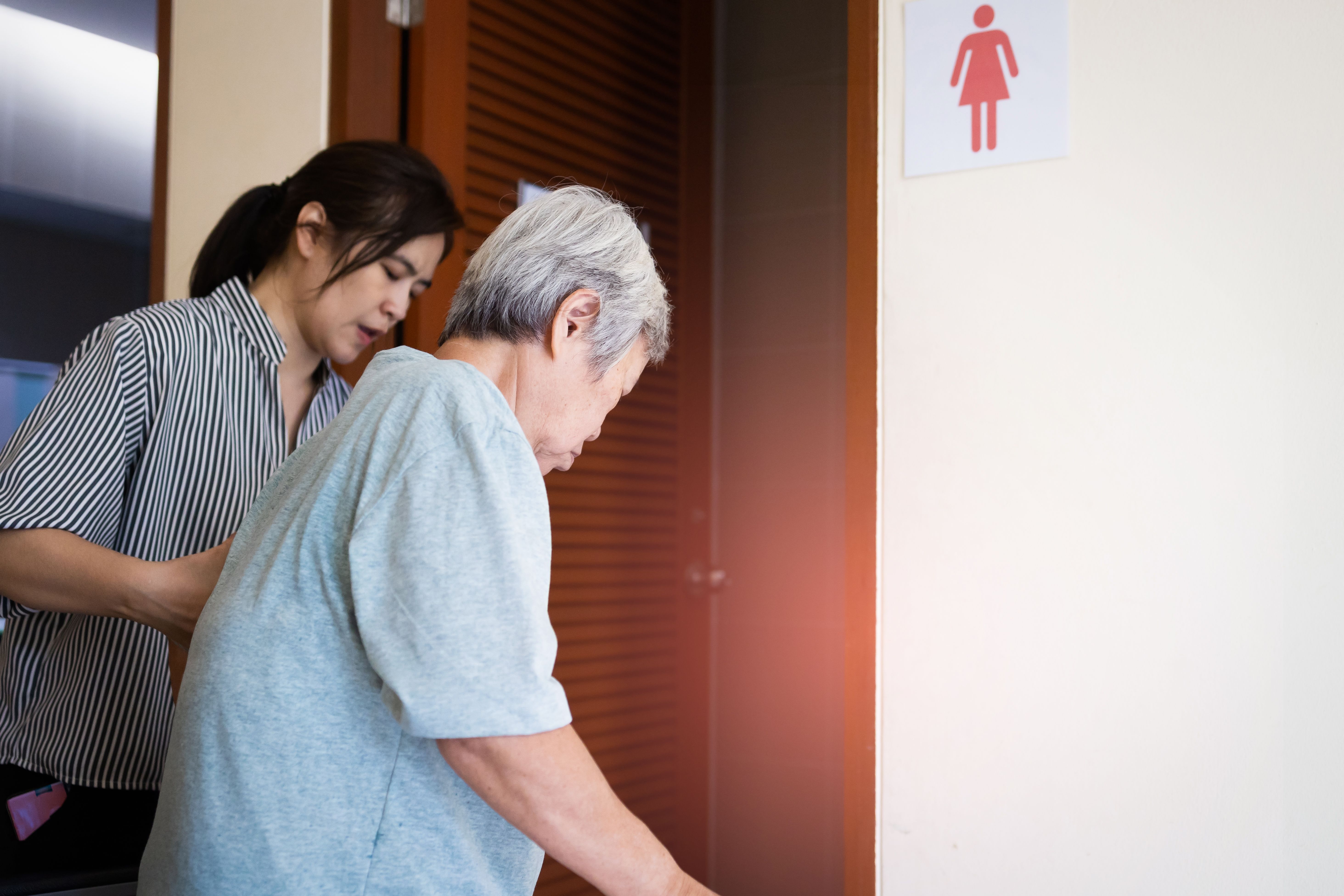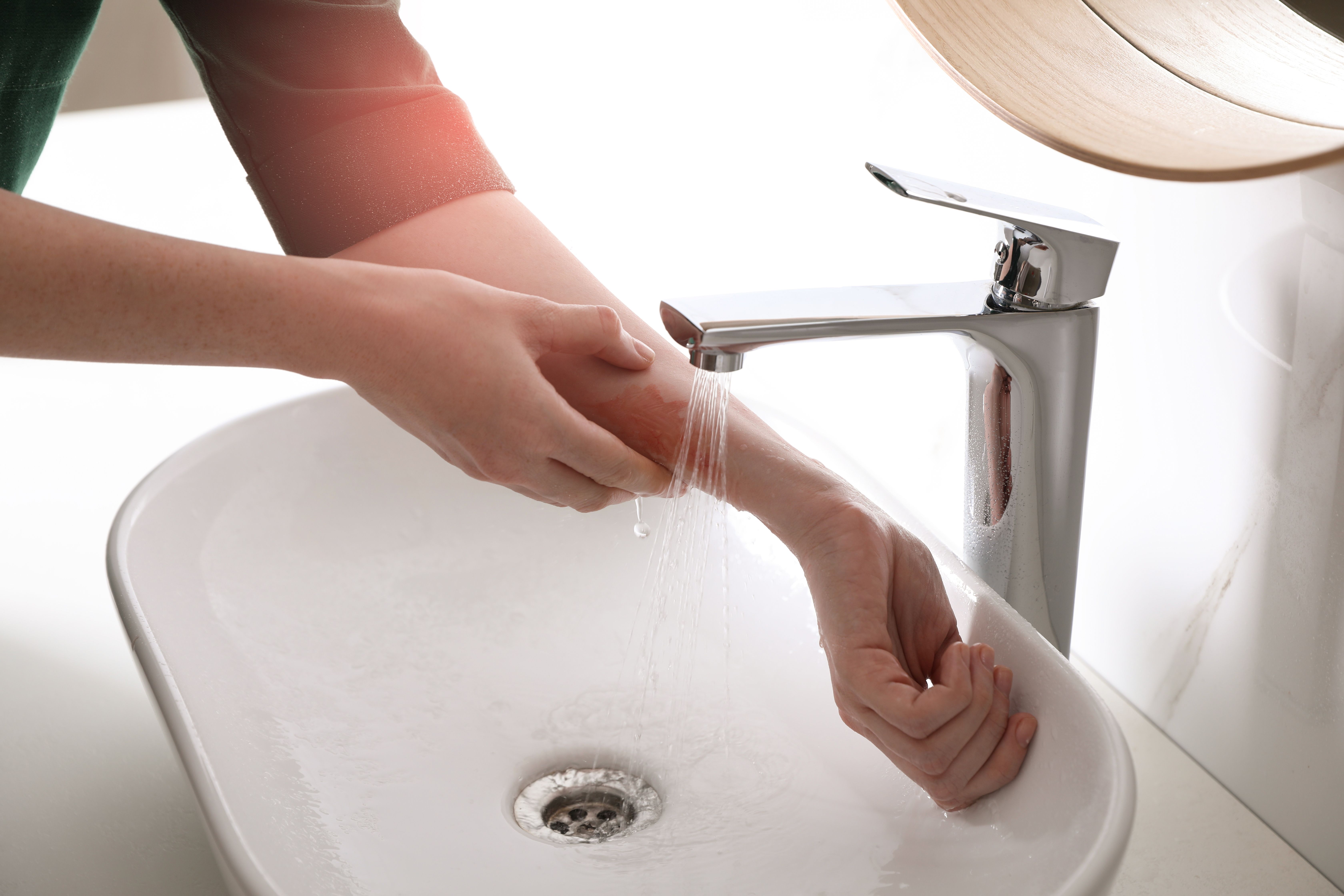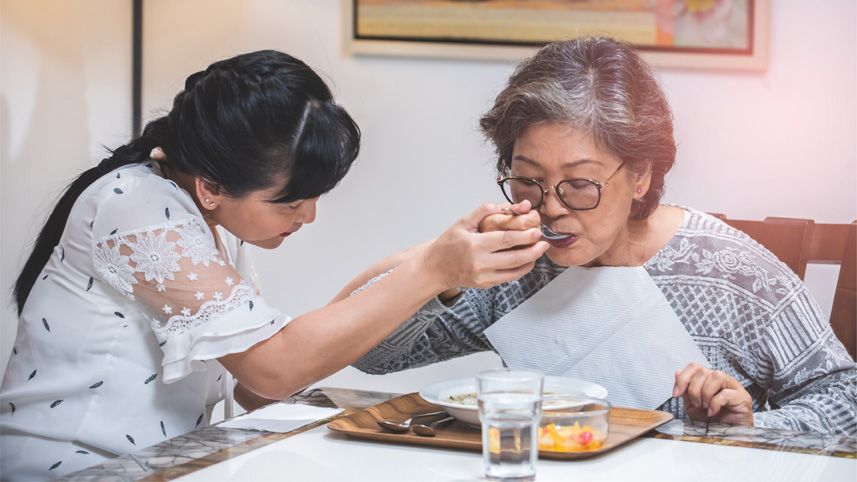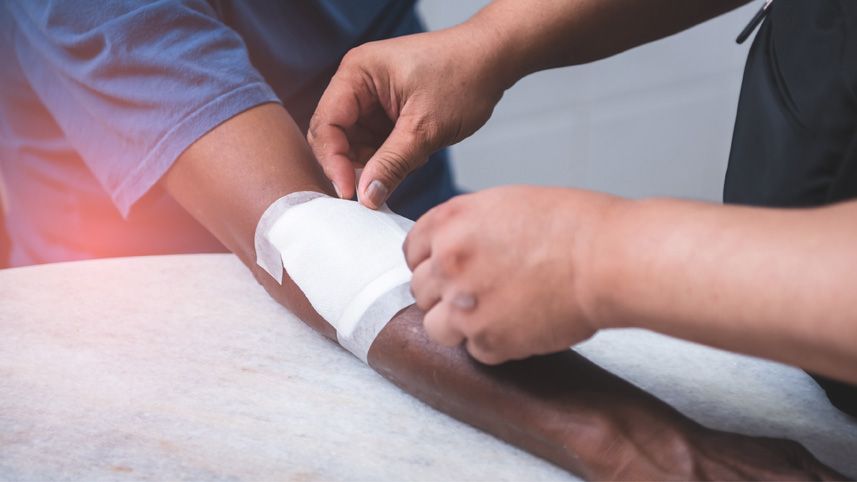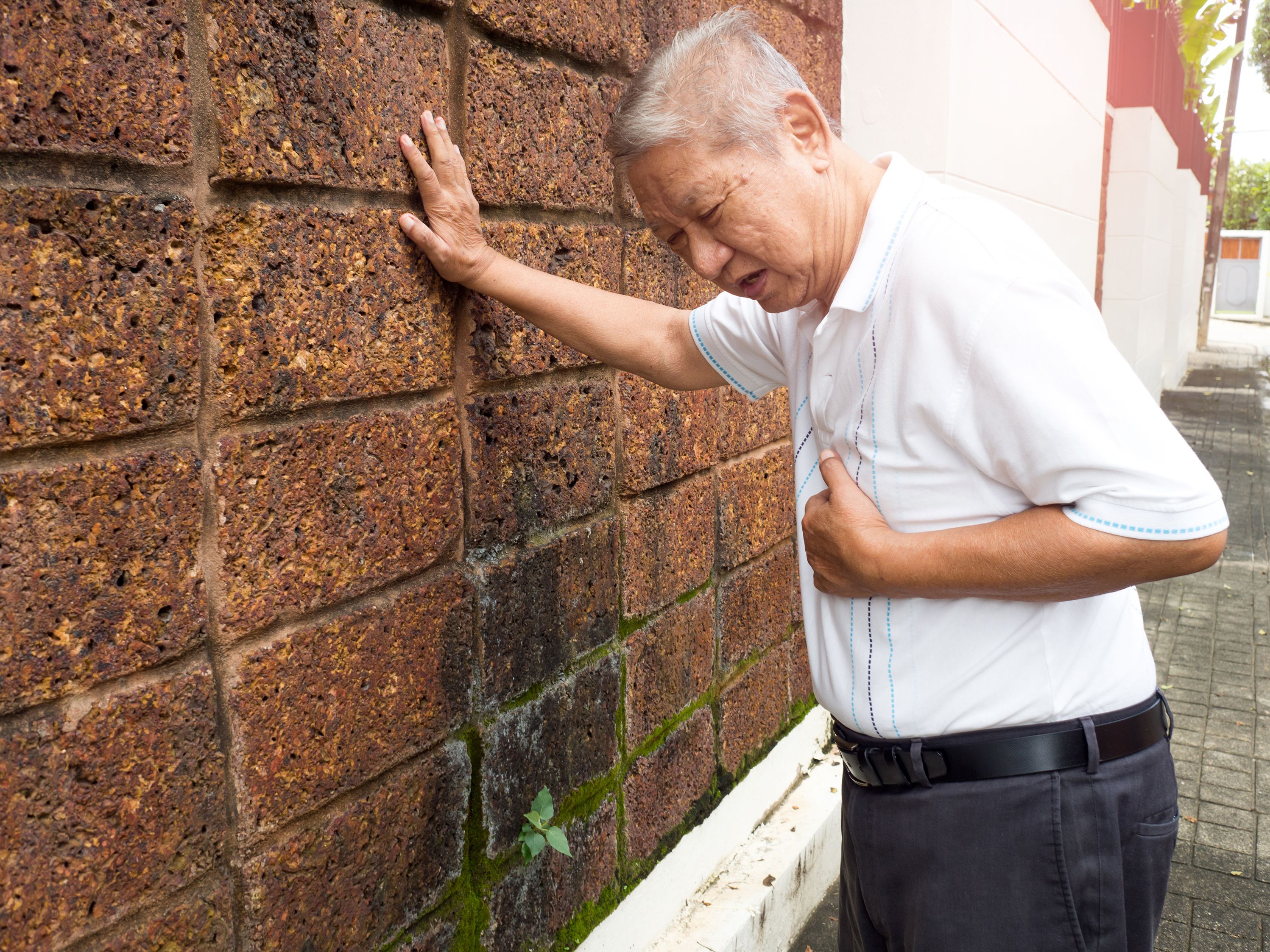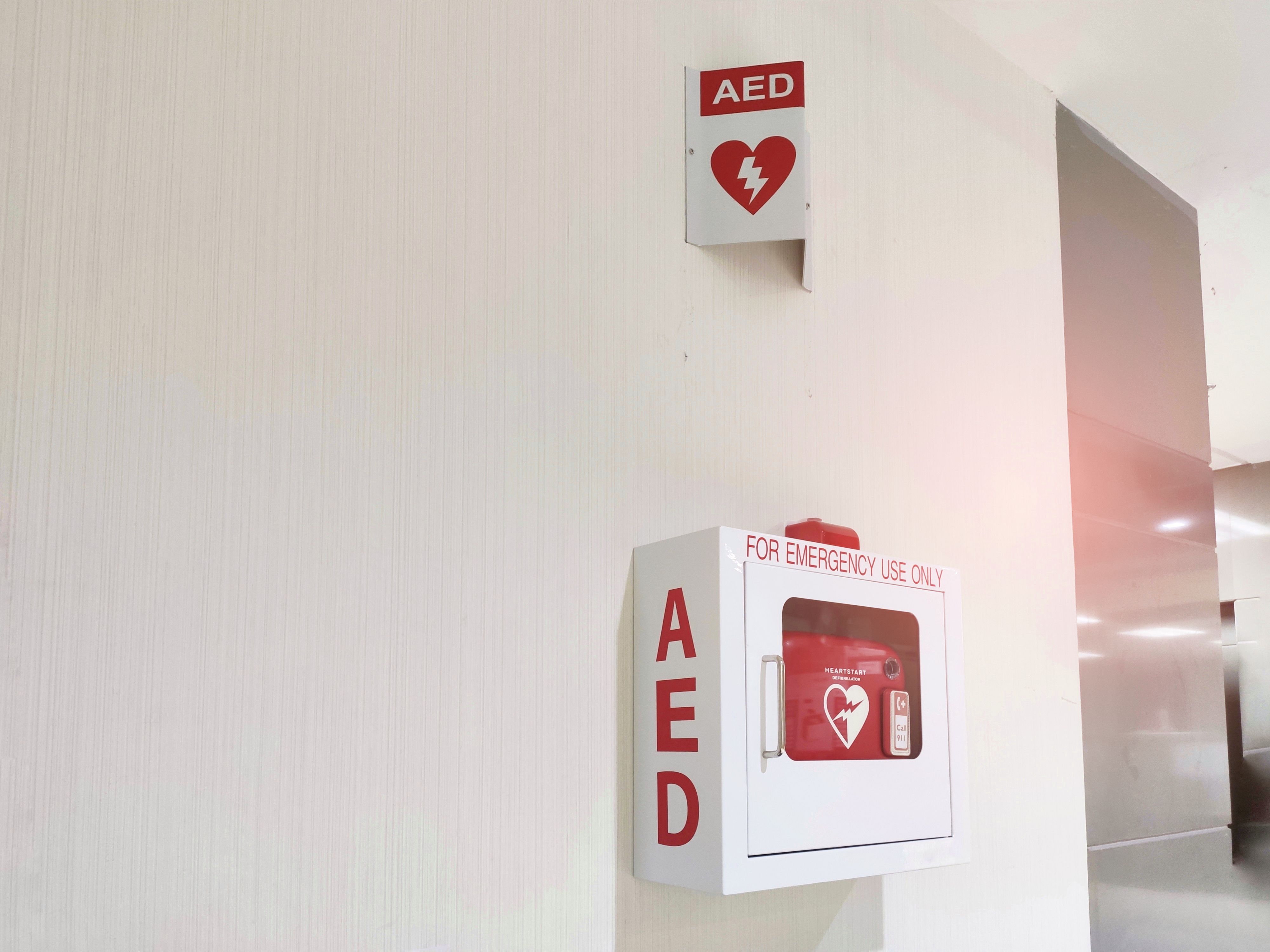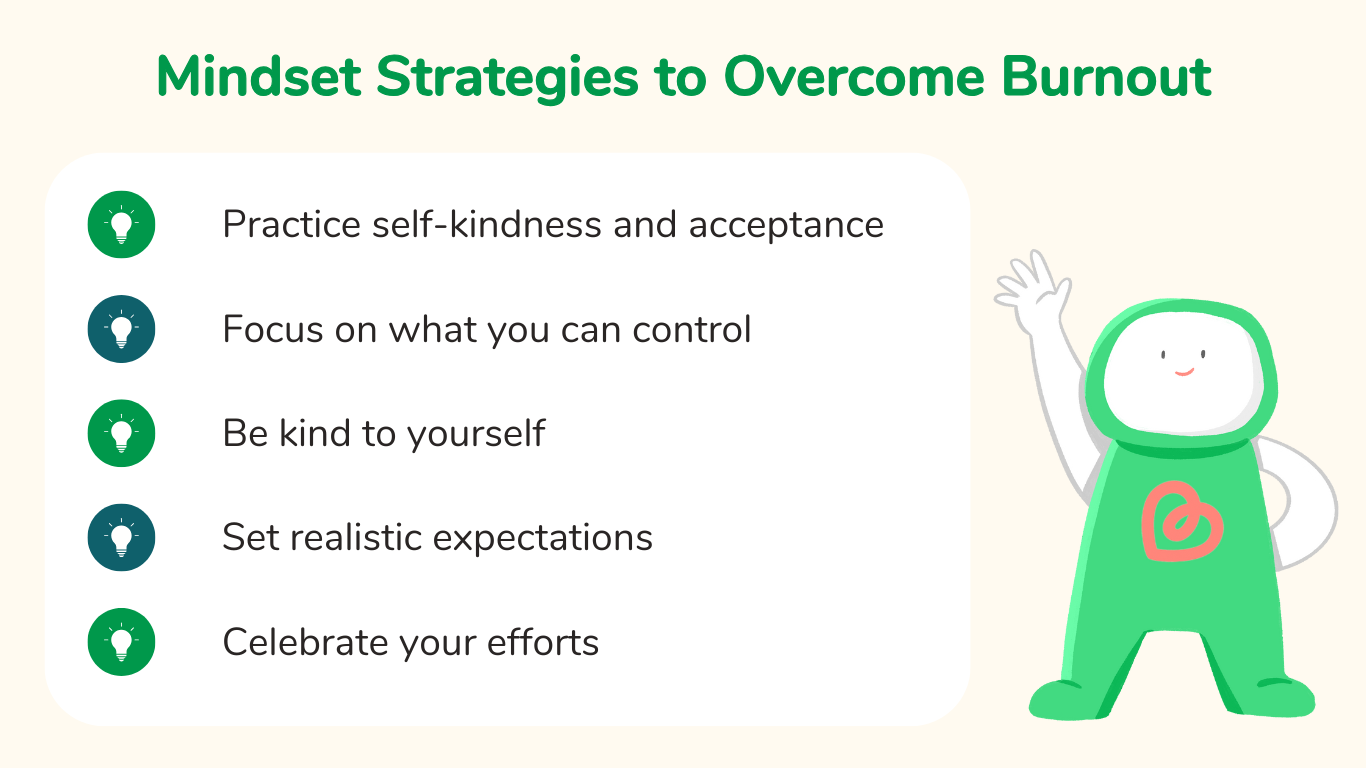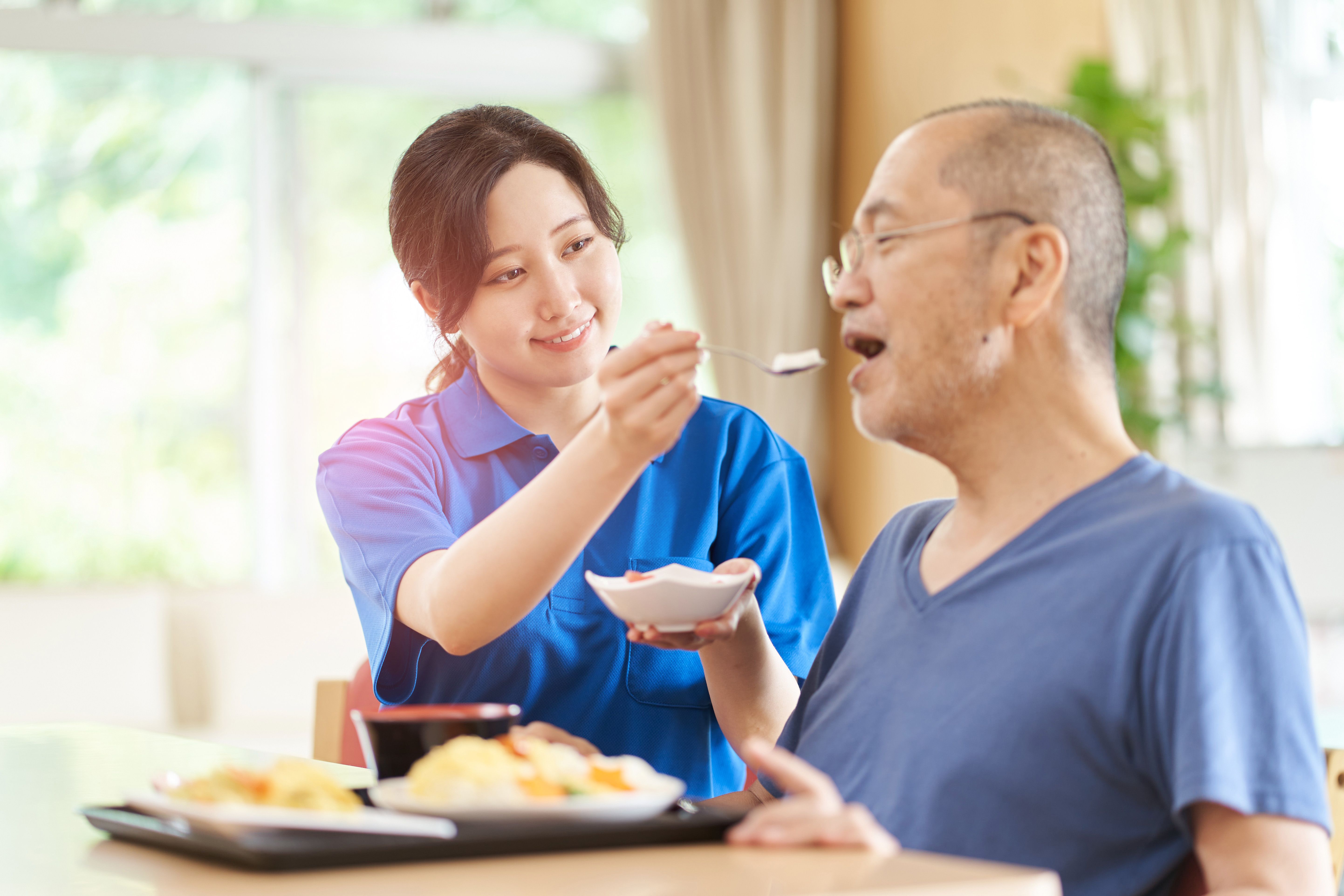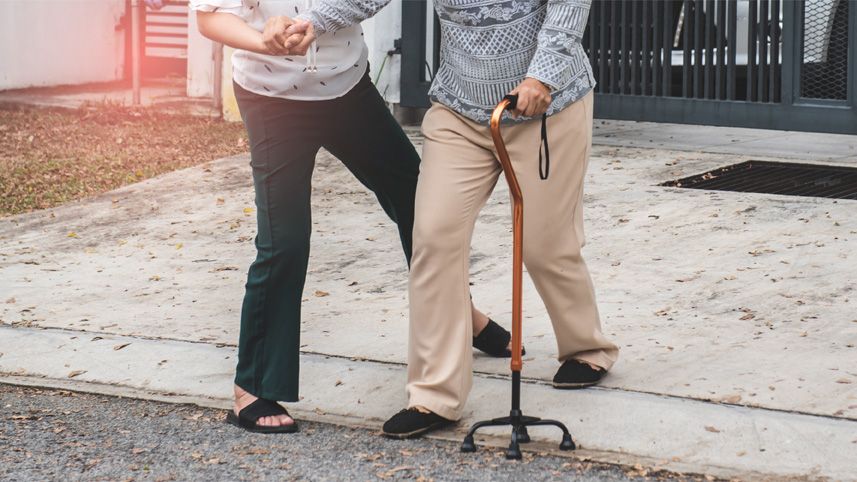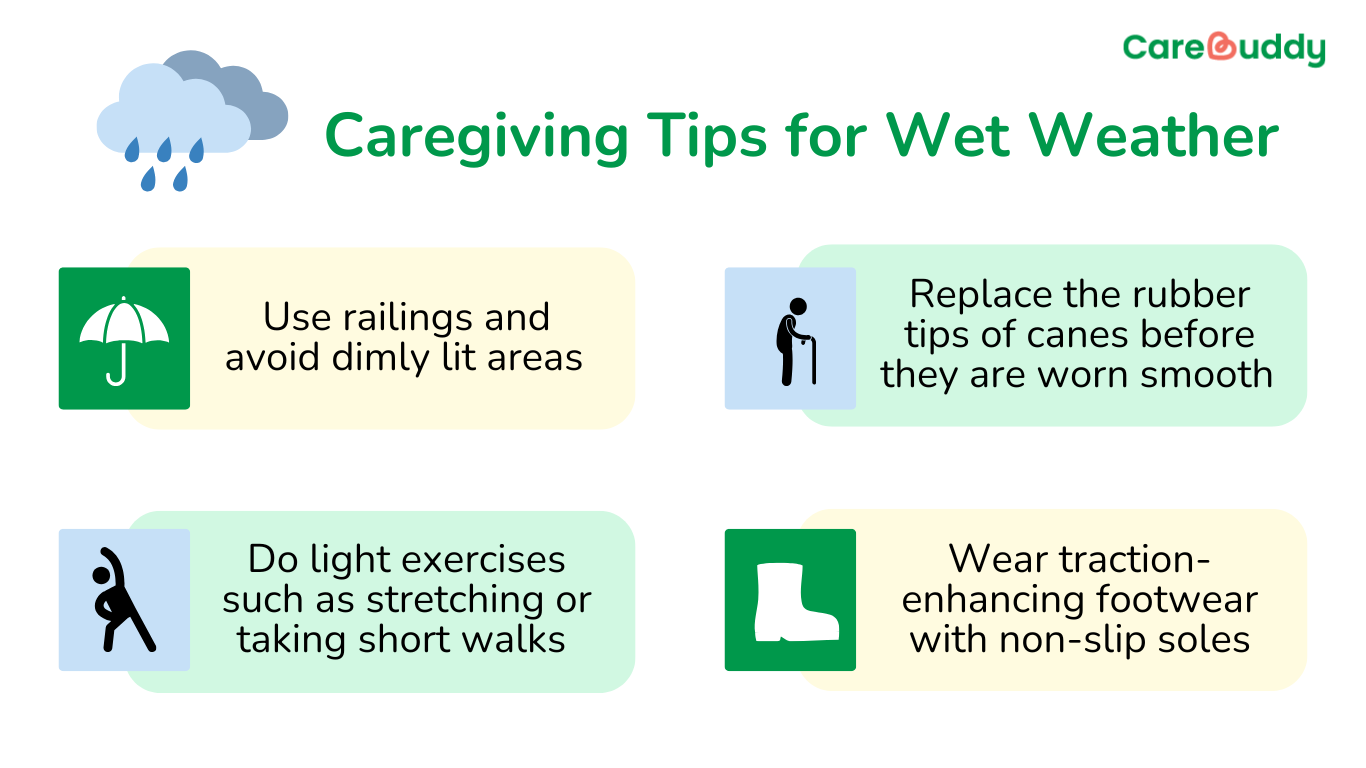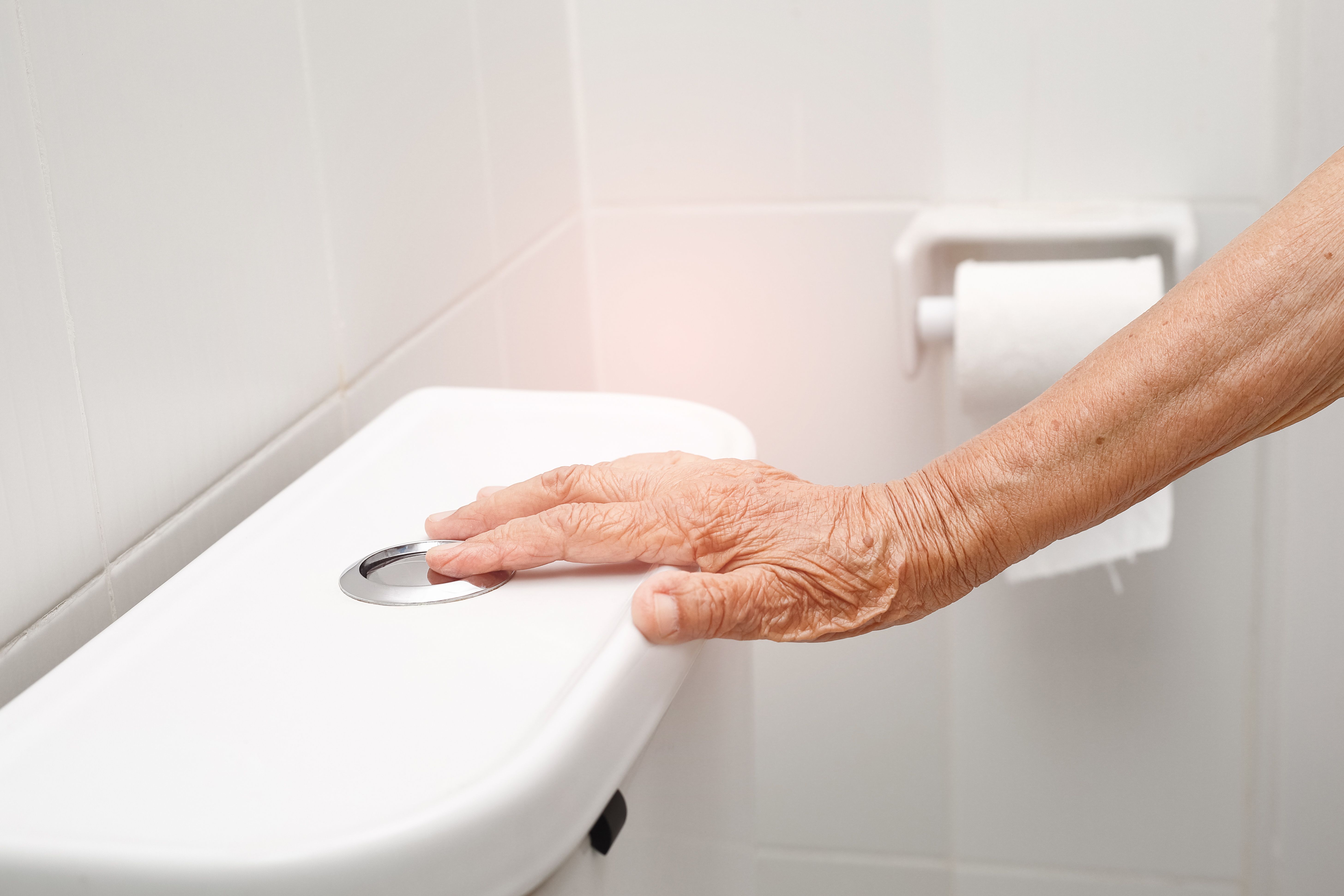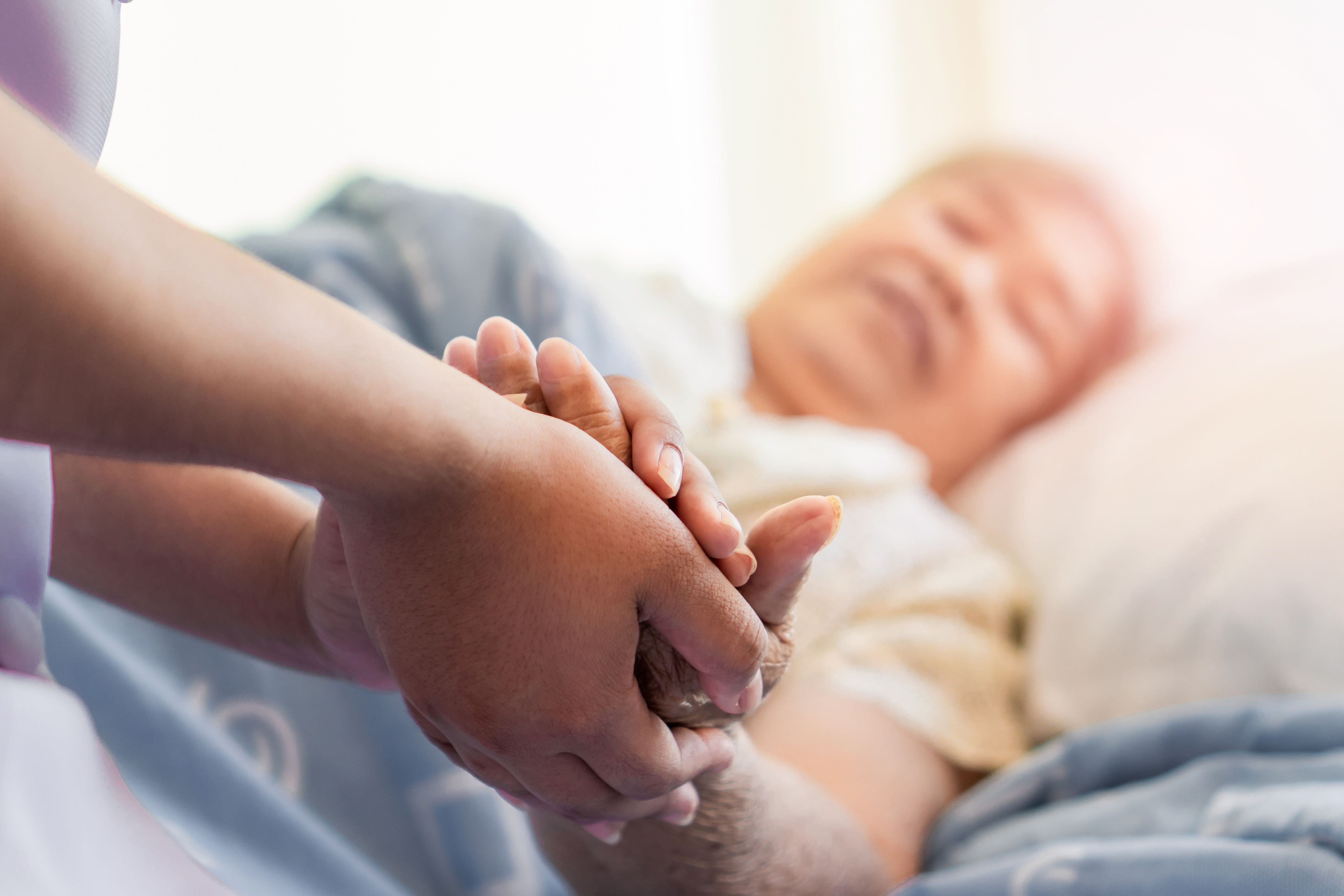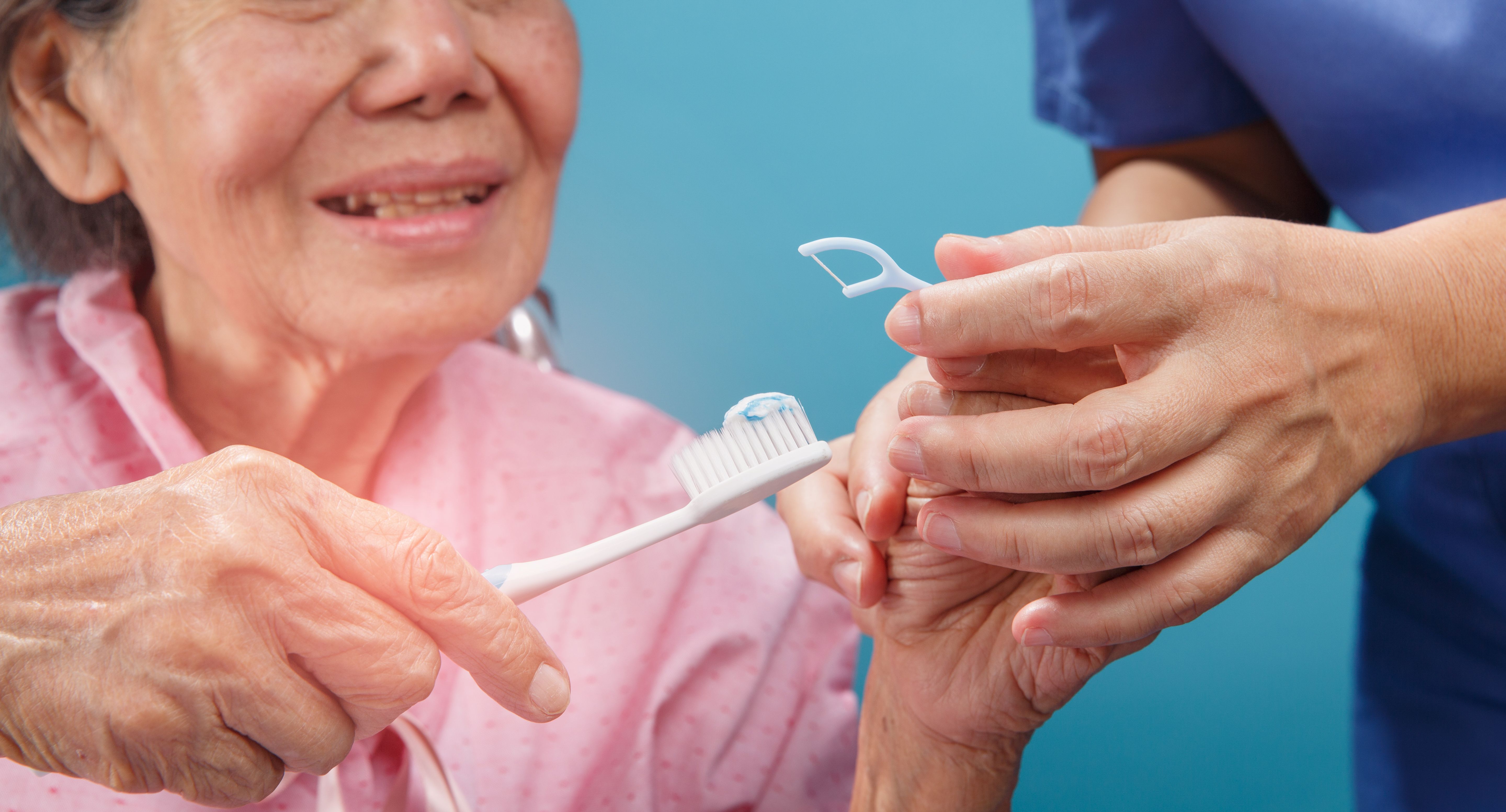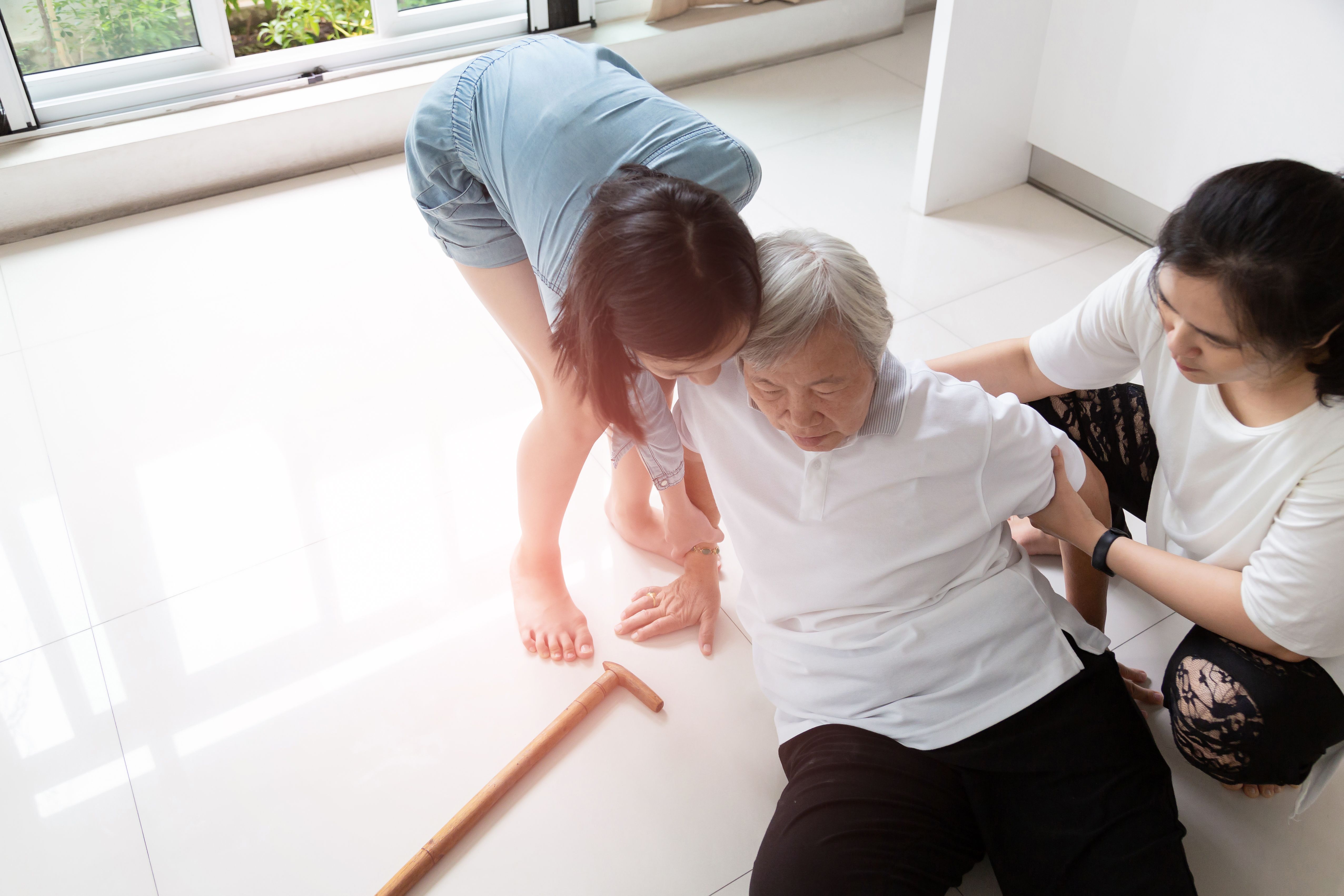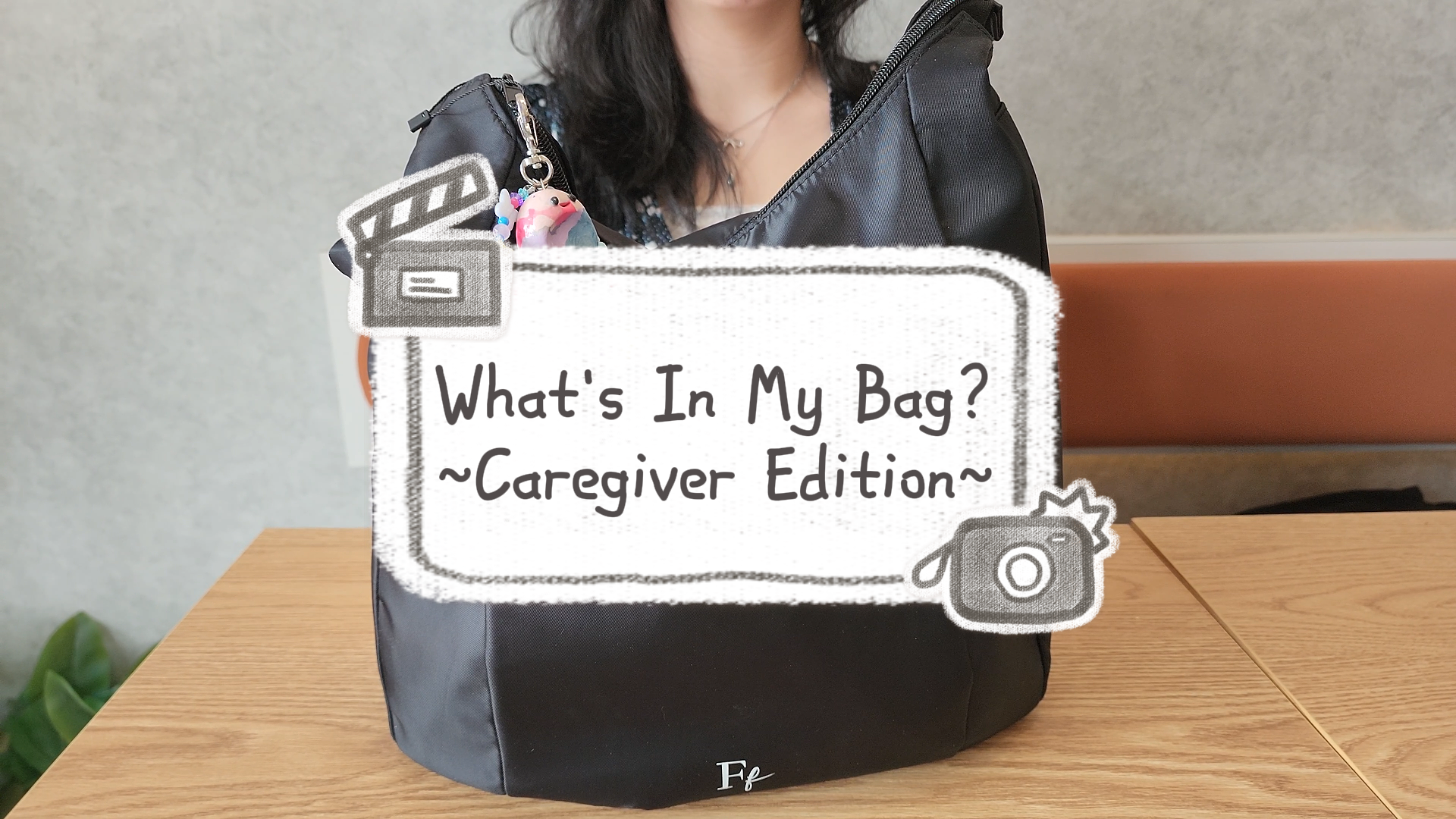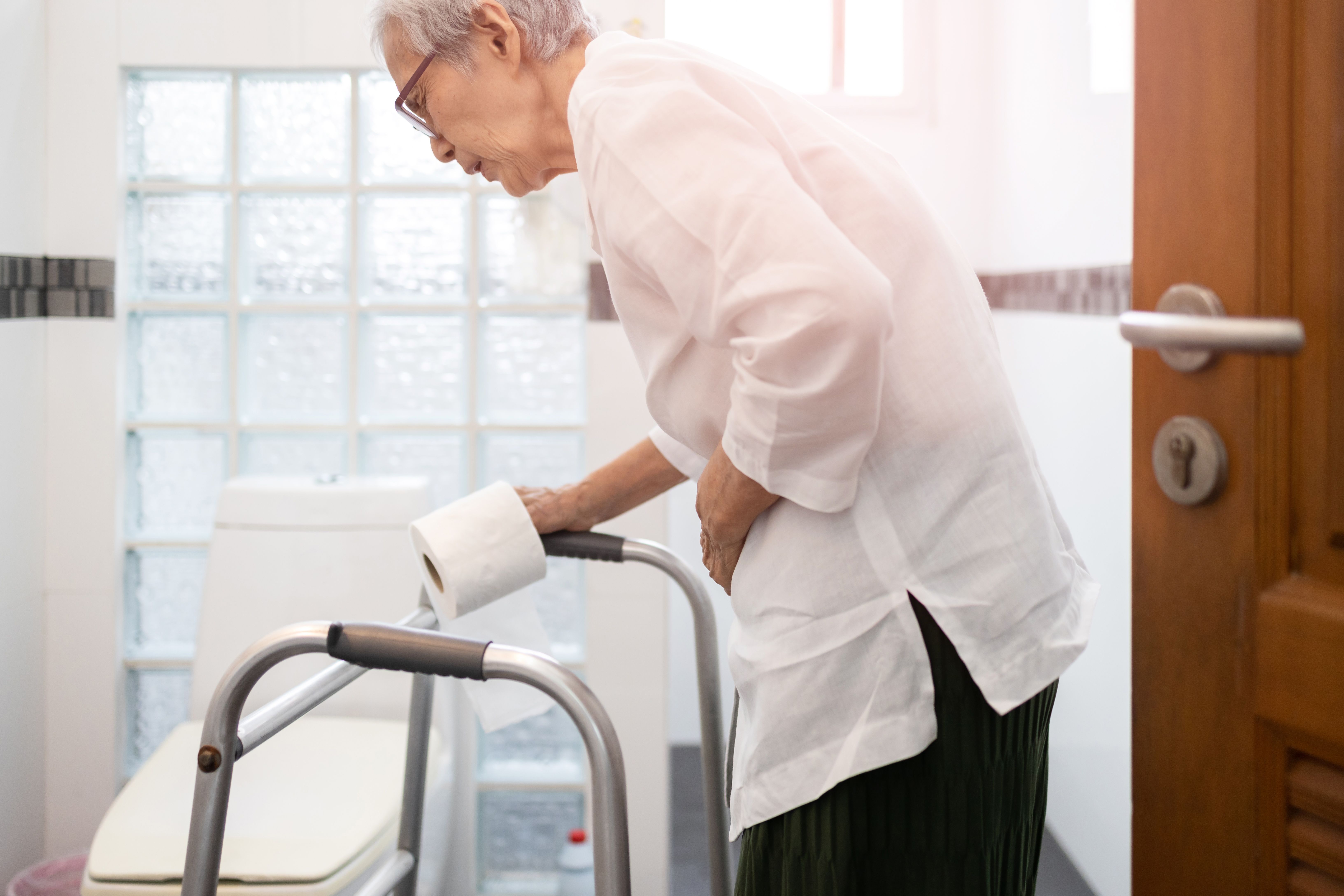We are what we eat: Ensuring safe and nutritious meals for care receivers
- CareBuddy
- 4 Mins Read
- 21 Sep 2022
- Elderly Care
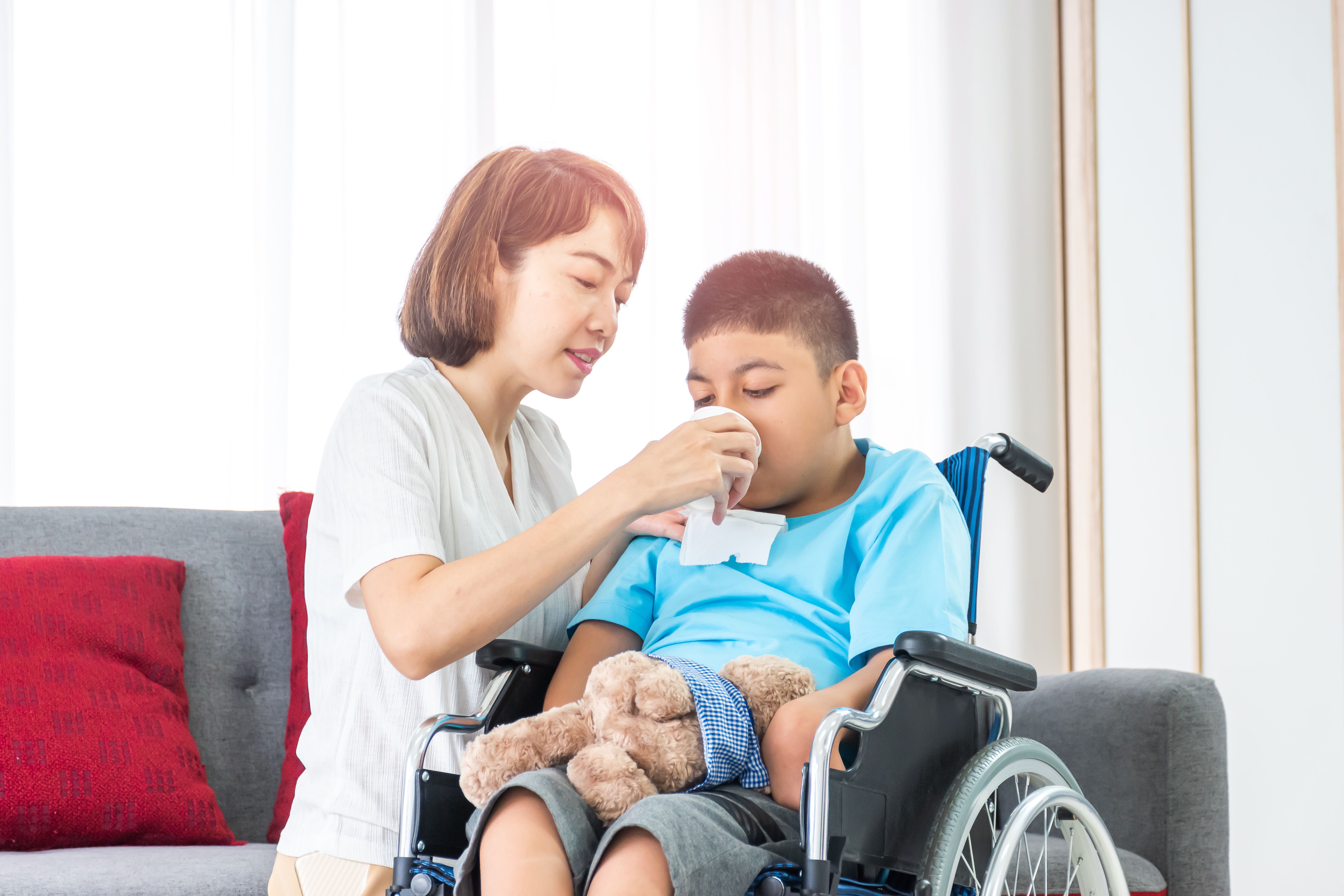
When illness, disability or old age make the eating process a challenge, caregivers become vitally important.
It’s hard to think of an activity more essential for the day-to-day wellbeing of a care receiver than eating. When illness, disability or old age make the eating process a challenge, caregivers become vitally important.
The caregiver’s responsibilities include
- Assist with the physical mechanics of feeding if the care receiver is not able to do so themselves.
- Ensure balanced meals that provide all the necessary nutrition to the care receiver, keeping their specific conditions in mind.
- Provide enjoyable meals that uplift the care receiver’s mood.
- Facilitate independent feeding by the care receiver whenever possible.
Points to remember for safe meal intake
- Is the care receiver fully awake? Ensure this by not just talking but also by trying other methods such as wiping their face with a wet warm towel.
- Ensure comfortable body position. Seated position is best. In case that’s not possible, the Fowler position is acceptable. See below image.
- Check neck position. It’s better if the neck is bending slightly forward to aid swallowing. Ensure that the neck is not bending backwards when in the Fowler position.
- Check throat movement to observe whether the food is swallowed.
- Check food volume in each spoonful so that the quantity in each spoonful is easy to chew and swallow.
- Ensure that the angle of the spoon is comfortable and won’t require the care receiver to lift their jaw much.
- Make eye contact during feeding while checking the overall state and condition of the care receiver.
Fowler position:
Glynda Rees Doyle and Jodie Anita McCutcheon, CC BY 4.0 , via Wikimedia Common
What’s aspiration and how to prevent it
Aspiration means that the food and drinks that are supposed to be carried to the stomach enter the airway instead. If a large piece of food enters the airway, it can obstruct the airway and lead to death. Even a smaller piece of food entering the airway can reach the lungs and cause infection leading to bronchitis and pneumonia.
Symptoms of aspiration include
- Taking more than an hour to finish a meal.
- Frequent choking and coughing during and after meal.
- Hoarseness after meal.
- Discomfort and sense of residual food in throat.
- Altered taste.
- Coughing at night.
Ways to prevent aspiration
- Ensure correct sitting position and bed position. See below images.
- Some care receivers have difficulty swallowing thin fluids such as water, milk, tea and coffee. Thickened fluids are safer. Commercial thickeners are available for this purpose.
- Be at the same eye level as care receiver while feeding them.
- Minimise distractions so that the care receiver can concentrate on the meal.
- Tell them not to lie down immediately after meals.
Proper sitting position:
Proper bed position:
Oral care
Oral care is important to
- Prevent tooth decay, periodontal disease, bad breath and other complications.
- Remove residual food to avoid risks of aspiration and suffocation.
Things to keep in mind for oral care - Select the right toothbrush with bristle size that best suits the care receiver’s oral cavity. If the care receiver is unable to use toothbrushes, use a sponge brush which is an oral care product with a sponge attached on a thin stick.
- Make it a routine habit for the care receiver to brush their teeth after every meal.
- If the care receiver has dentures, remove the denture and clean their gum.
- Monitor the condition of the oral cavity (mouth, tongue, roof and floor of mouth, inside cheeks and lips) and visit a dentist if you notice any changes.
- Practise regular mouth rinsing if the care receiver is able to rinse.
- Keep all oral equipment clean. E.g. Wash toothbrushes thoroughly and regularly.
An elderly care receiver faces a unique set of challenges due to taste changes caused by ageing as well as an overall reduction of physical abilities. Find out more about nutrition and diet challenges of the elderly in our article about nutrition and diet of elderly.
Article reviewed by David Tay, Senior Principal Educator (Nursing and Prehospital Care), HMI Institute.

